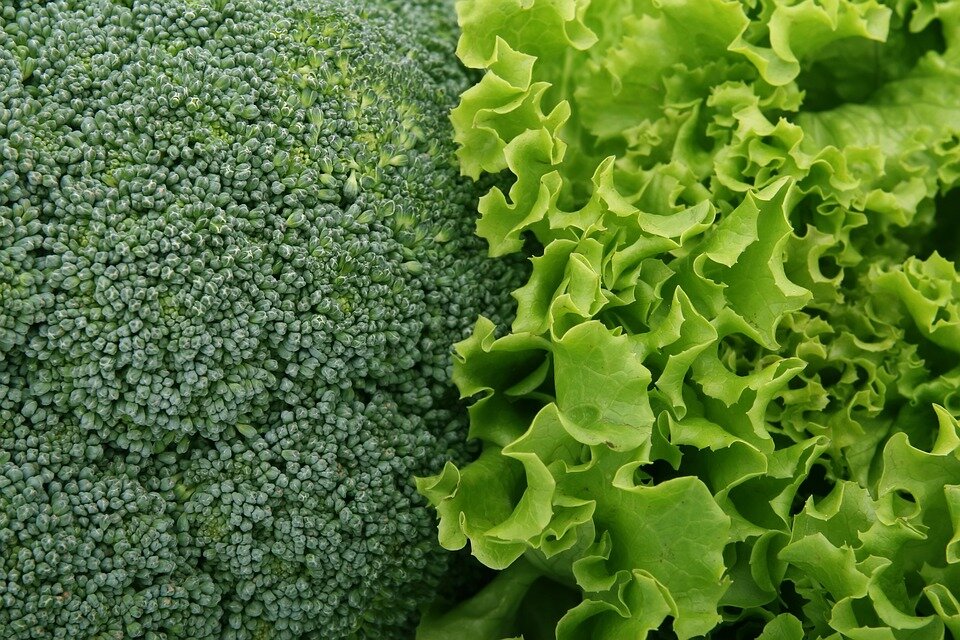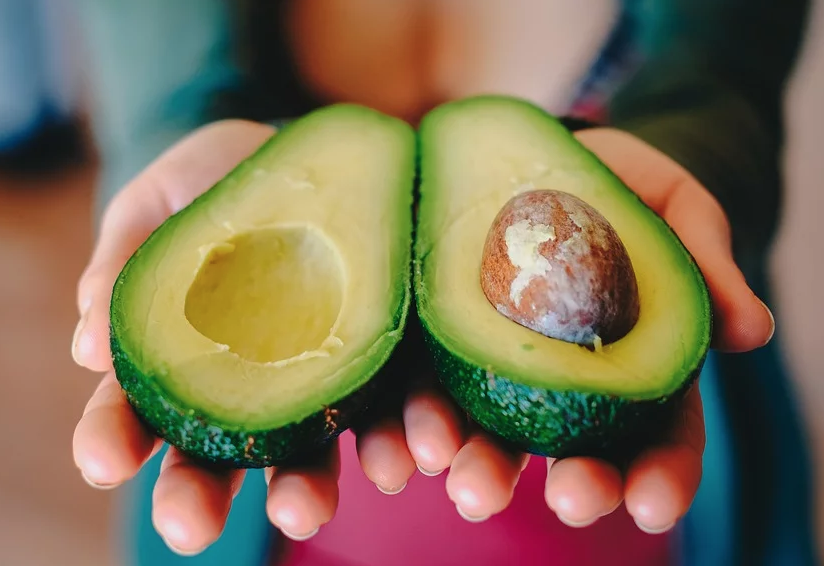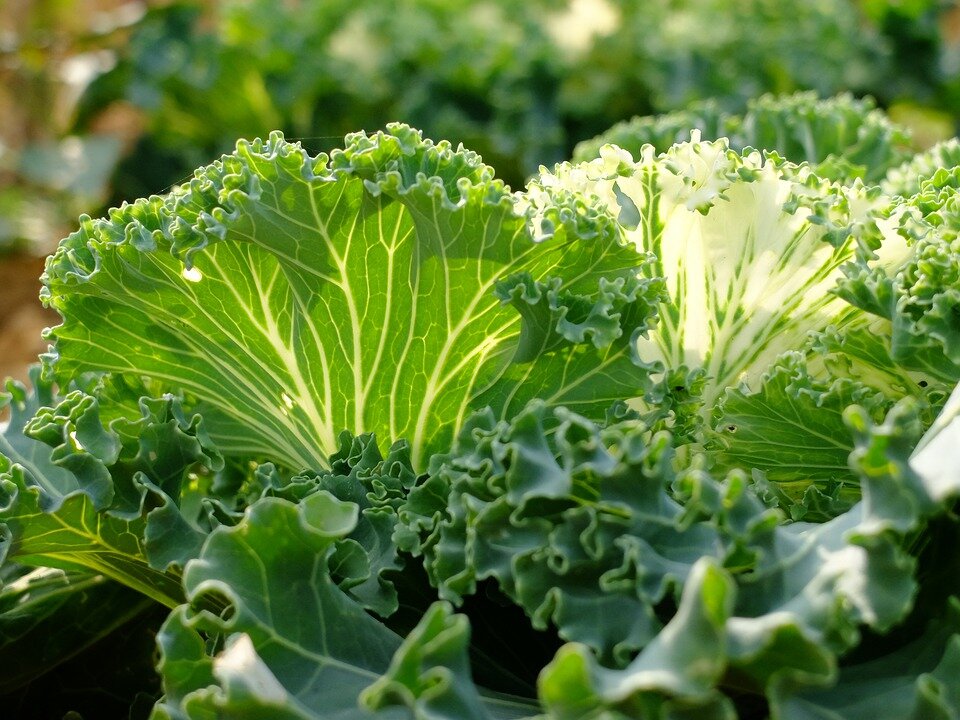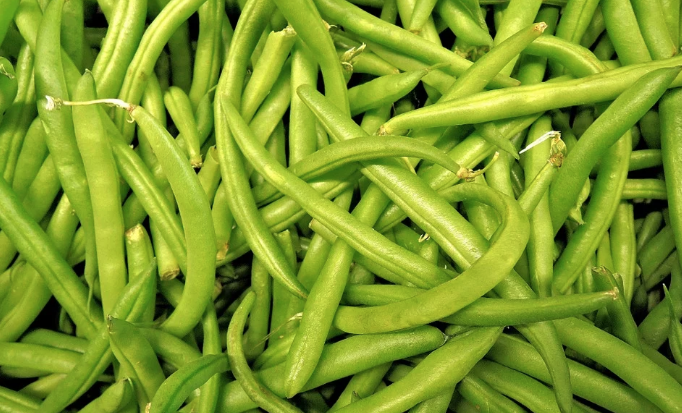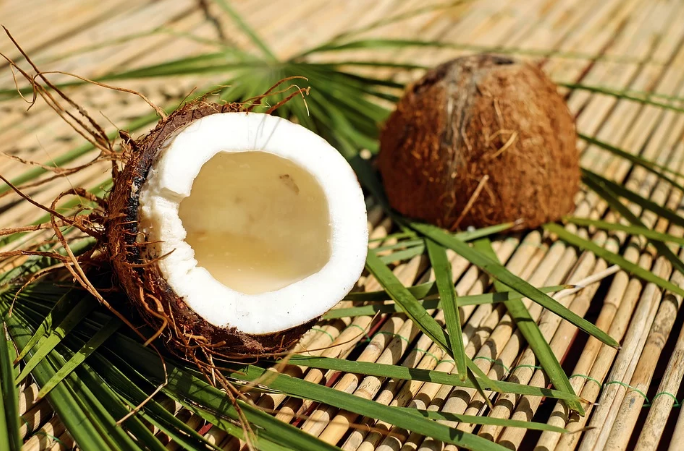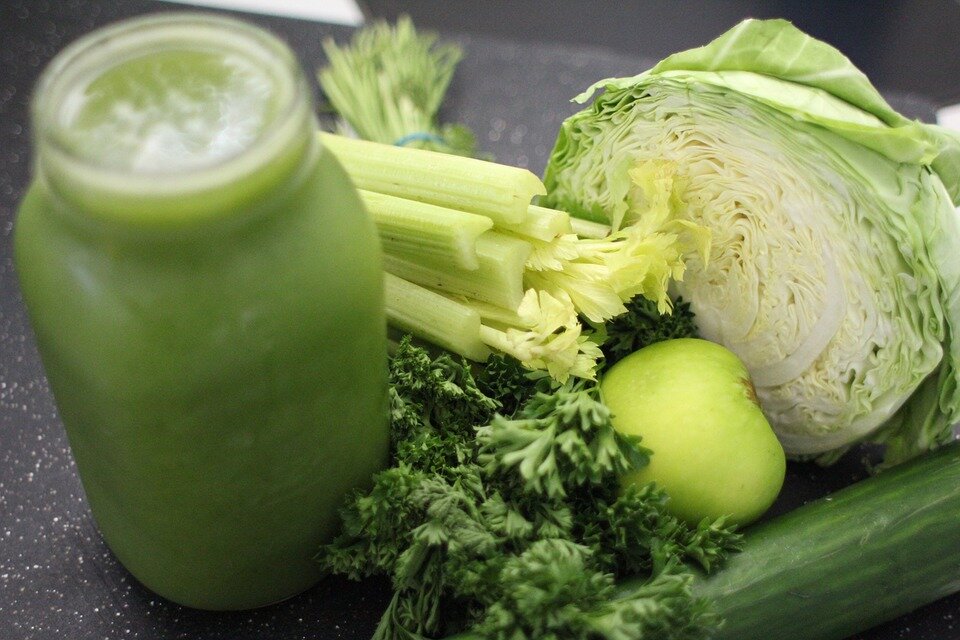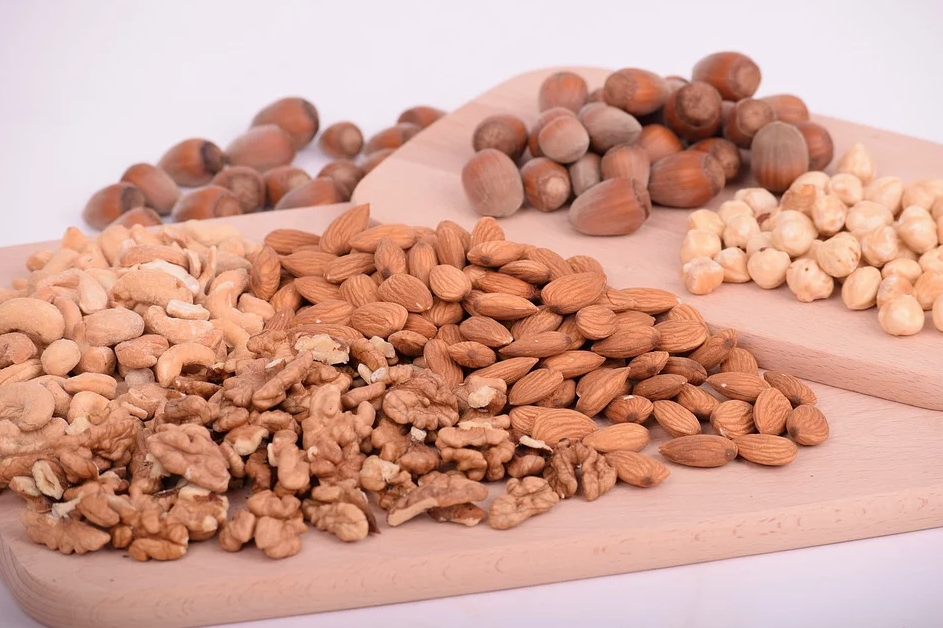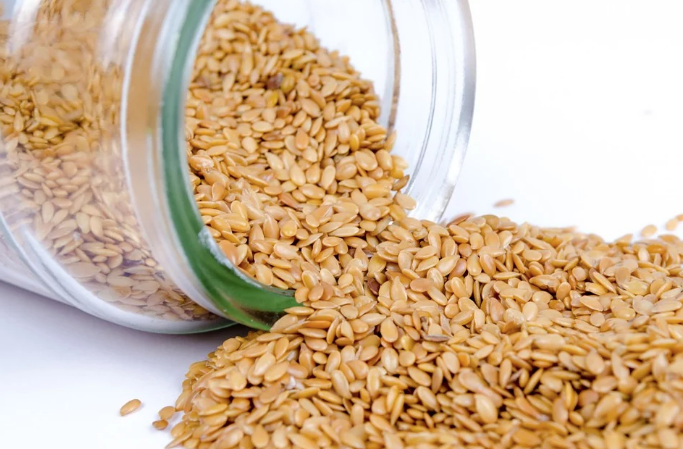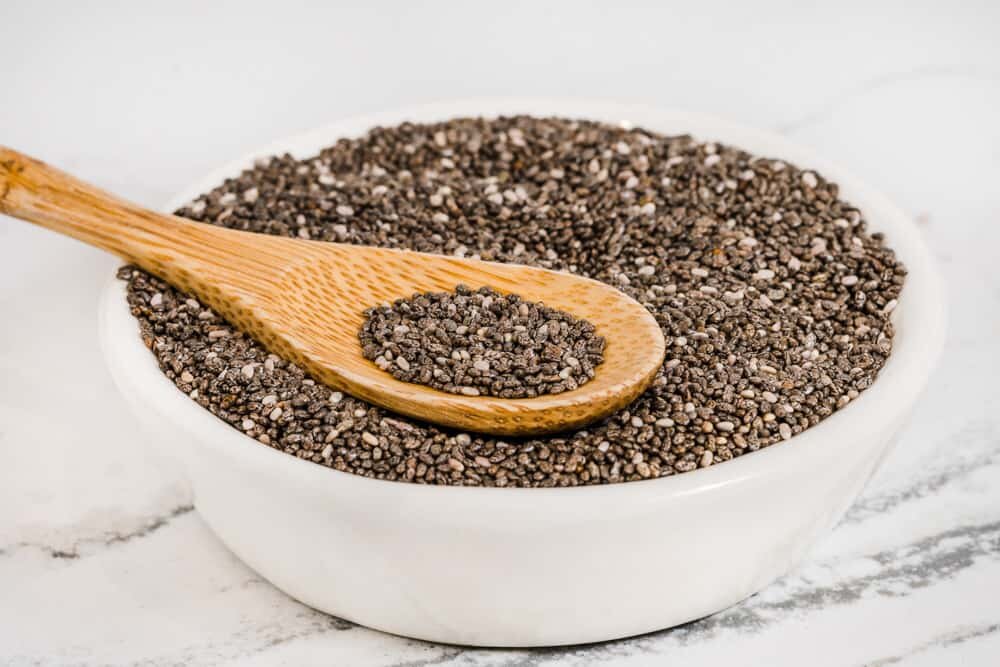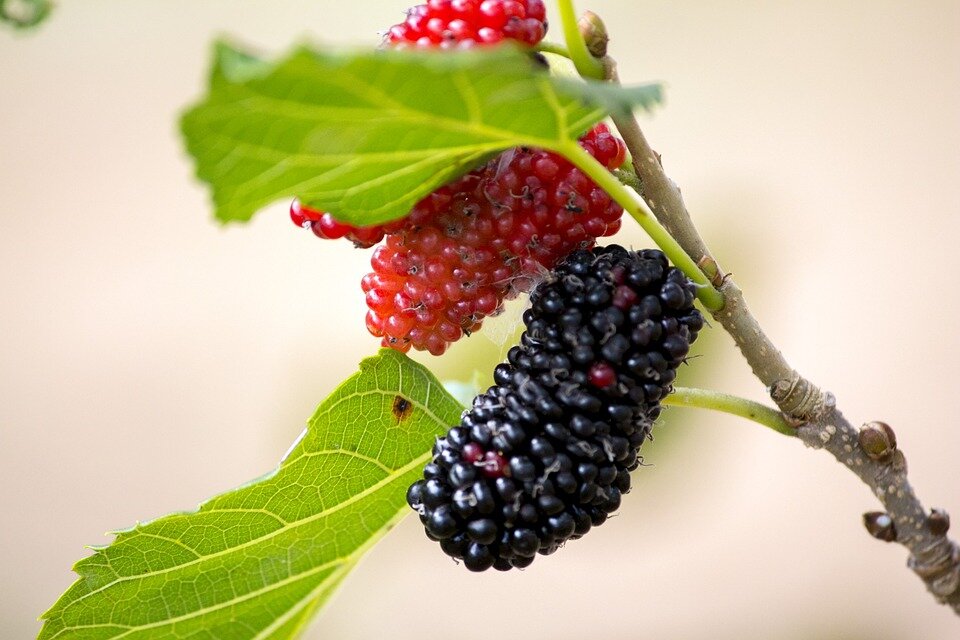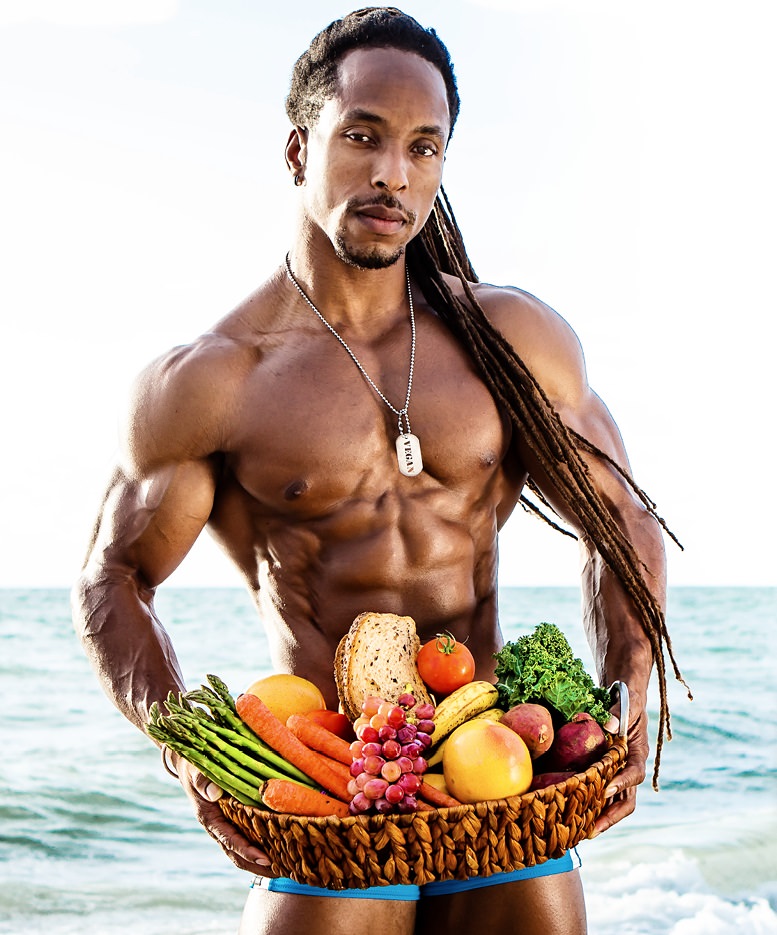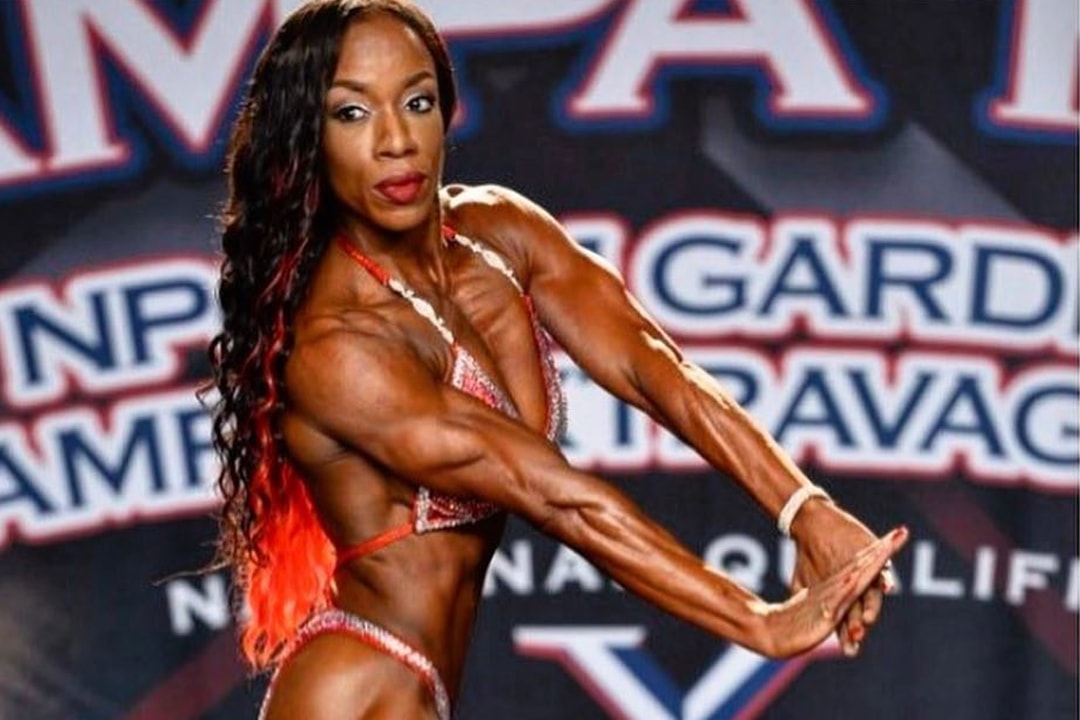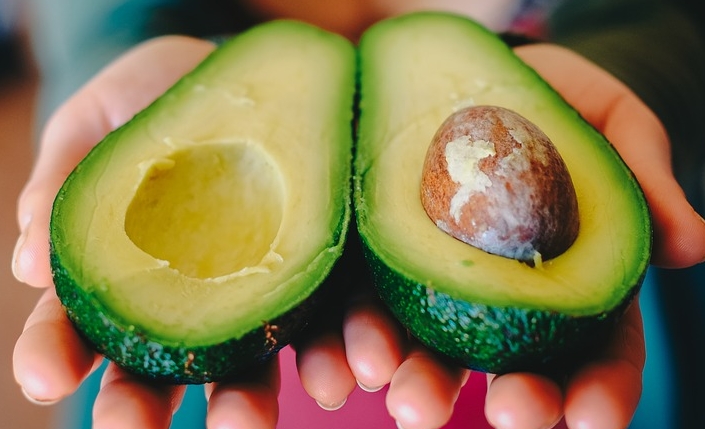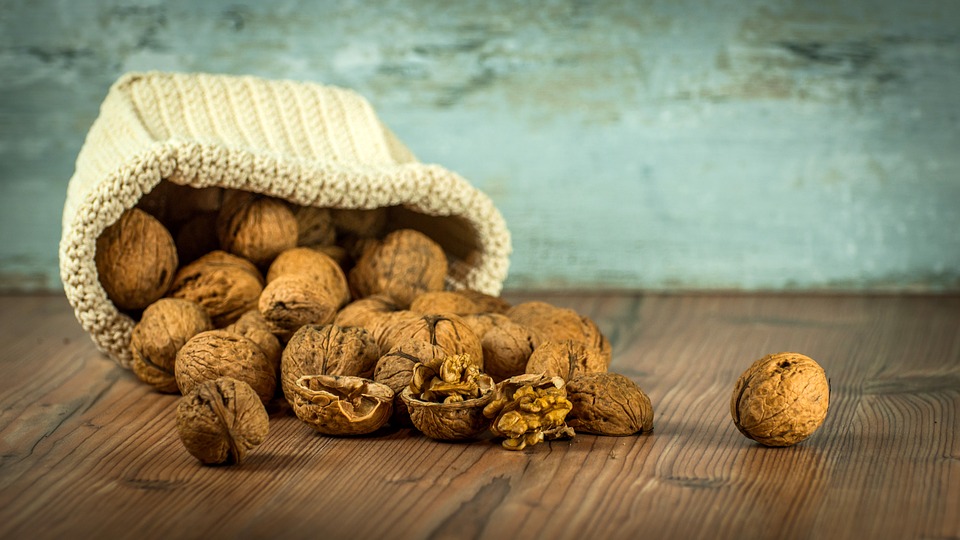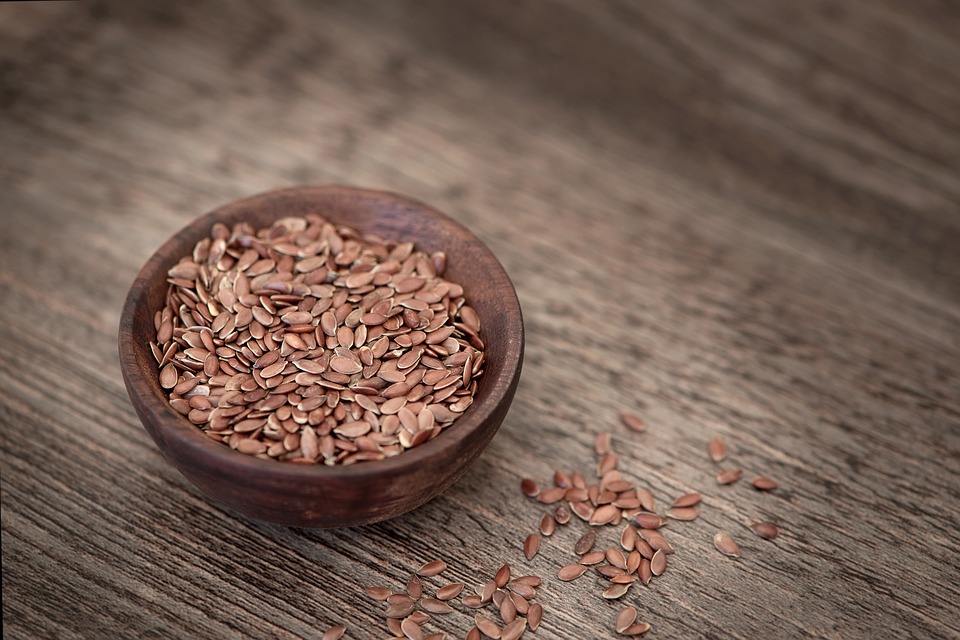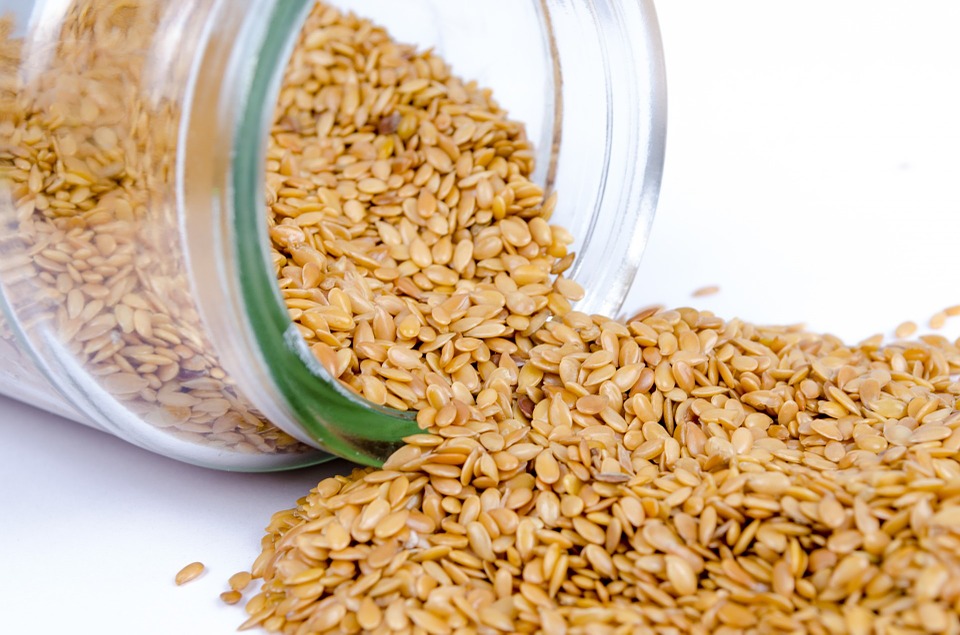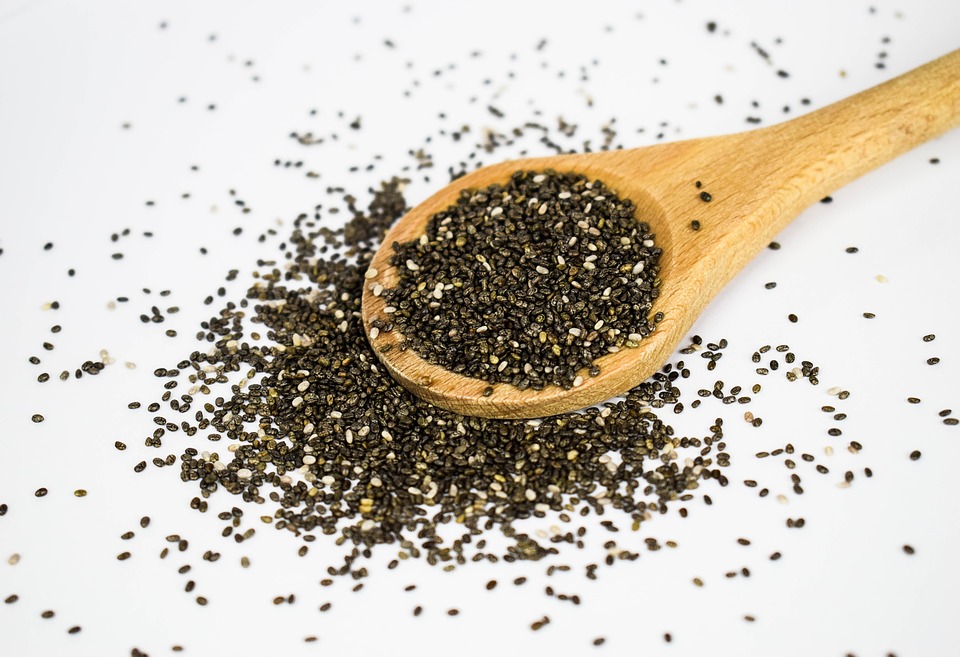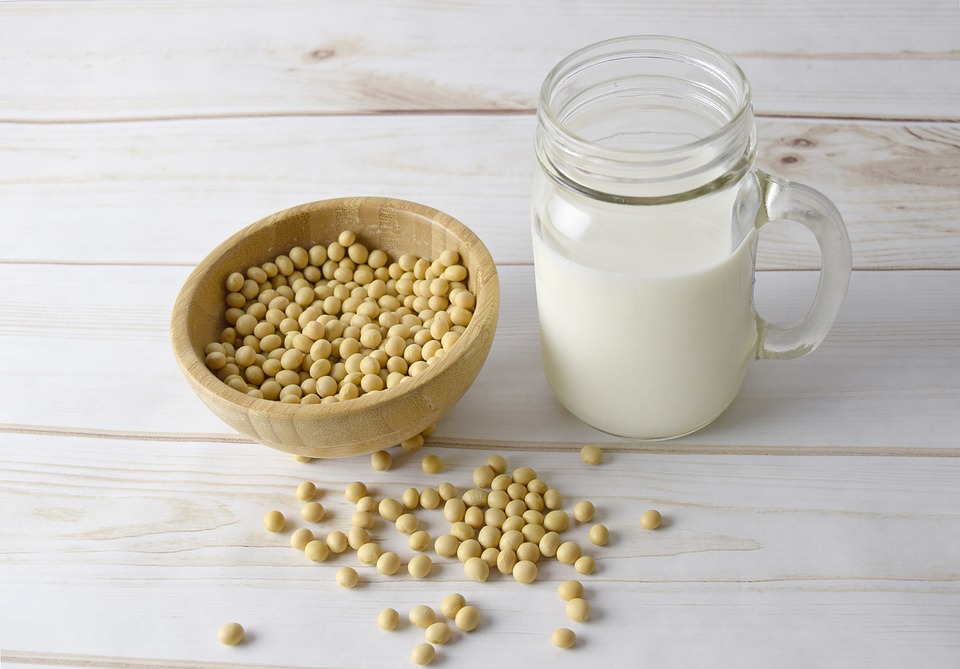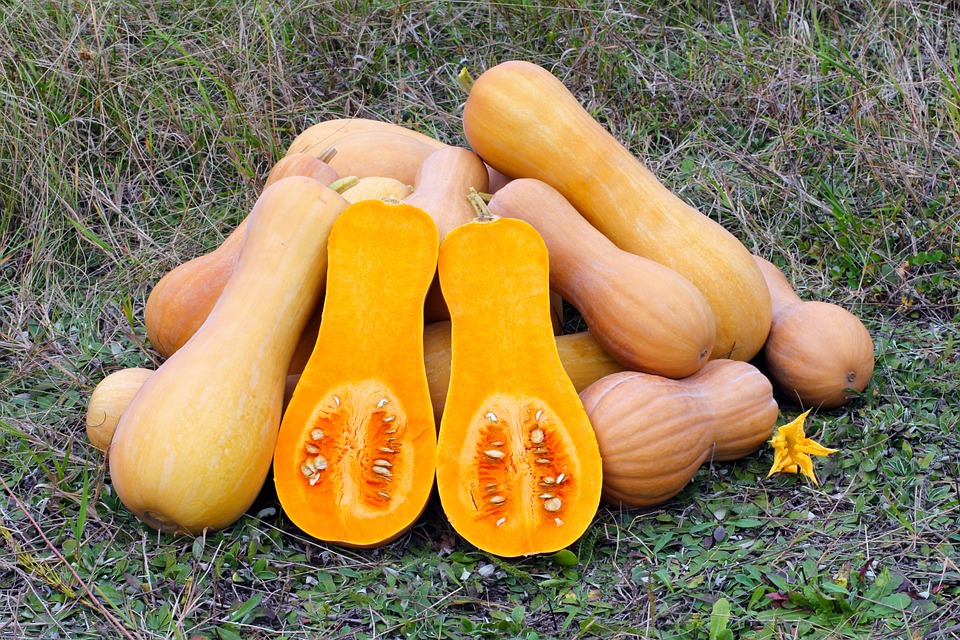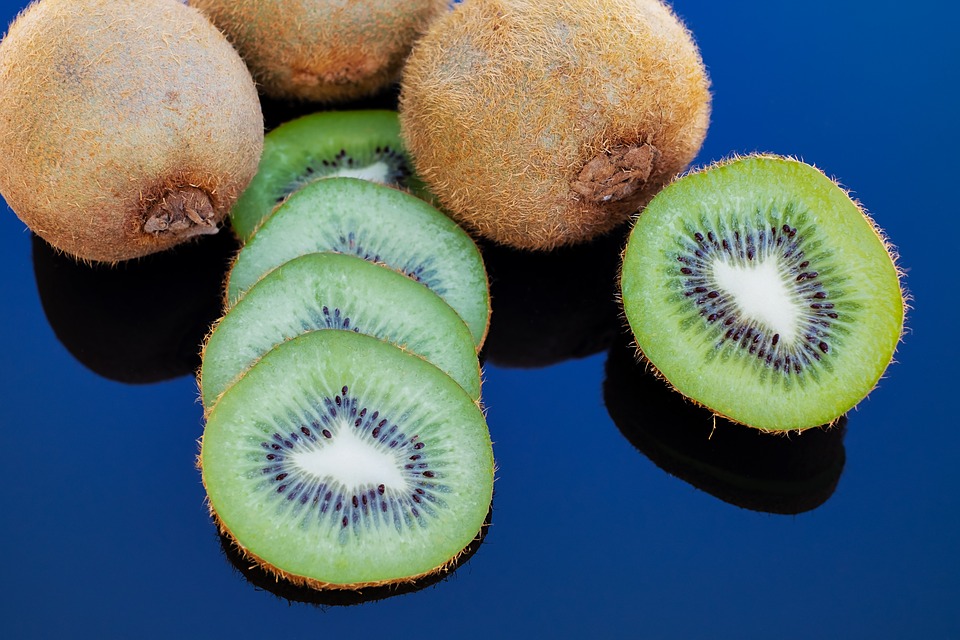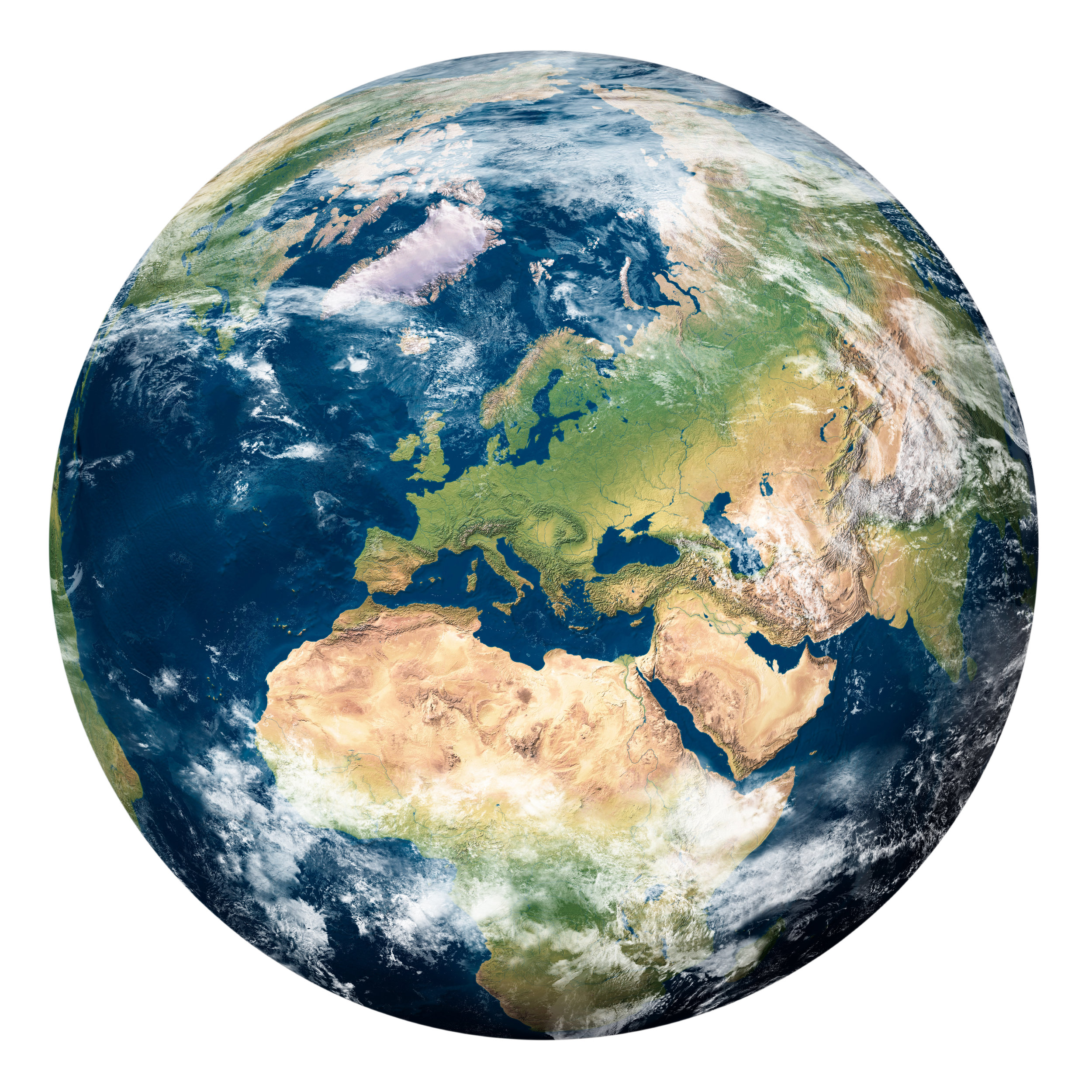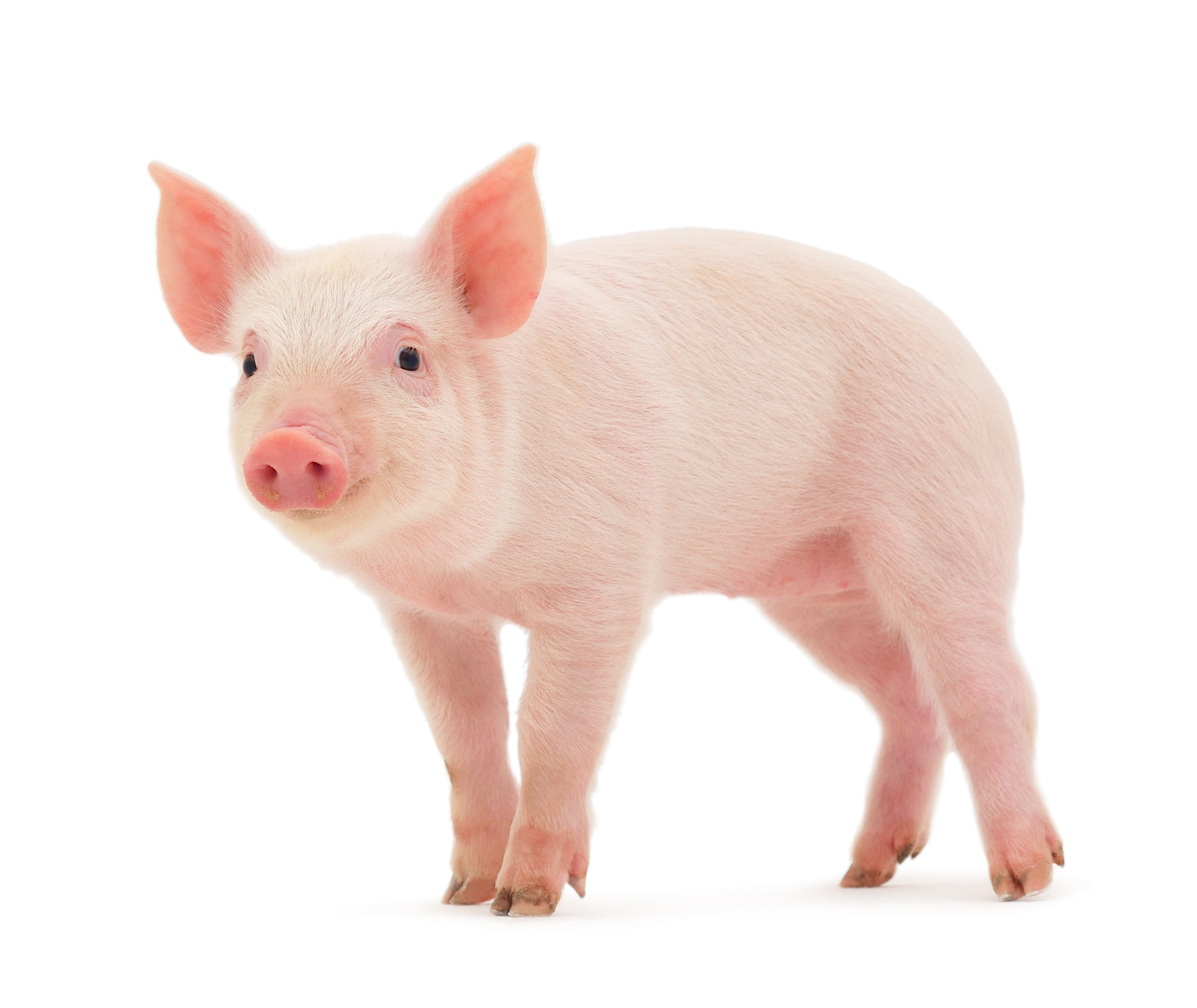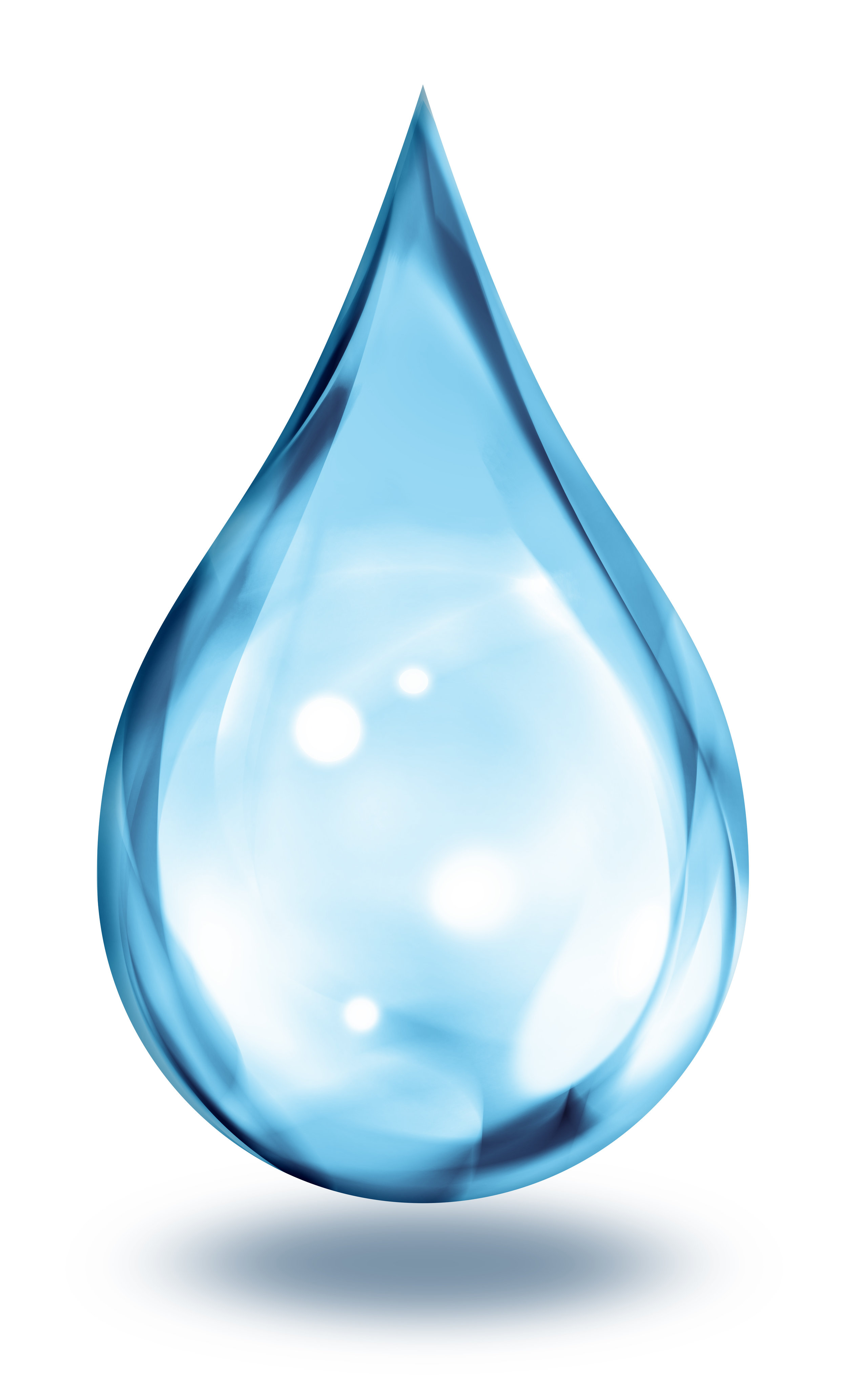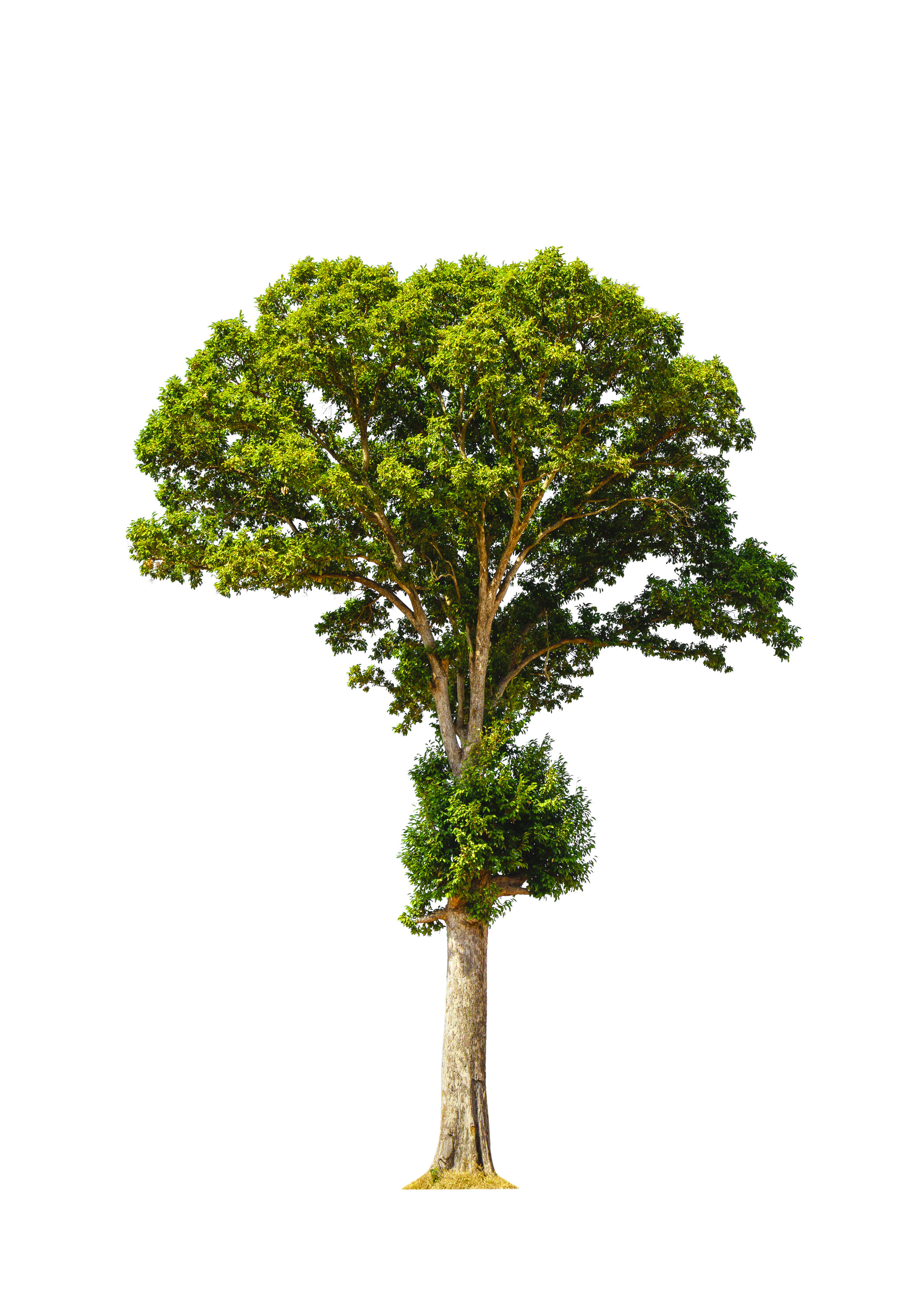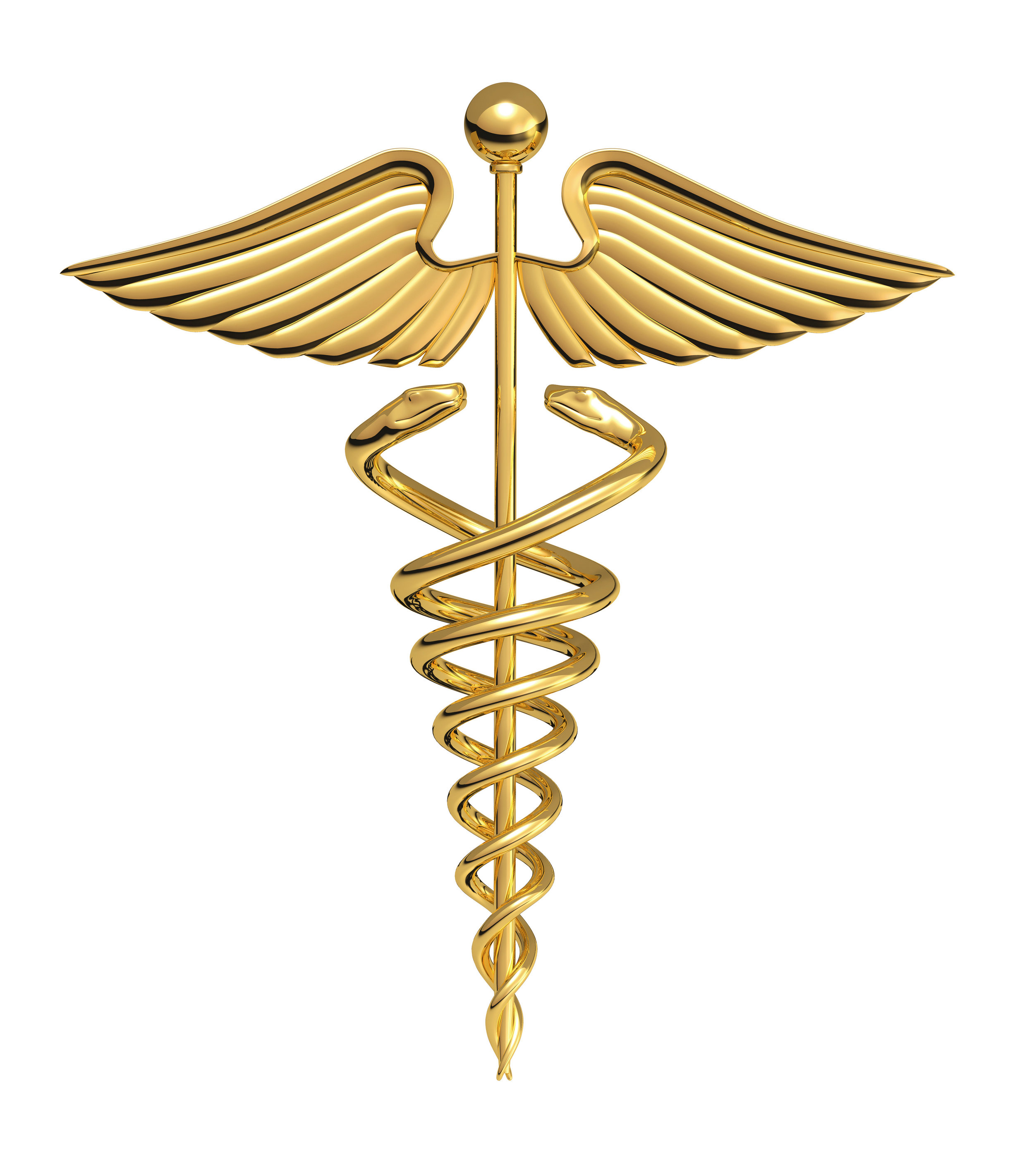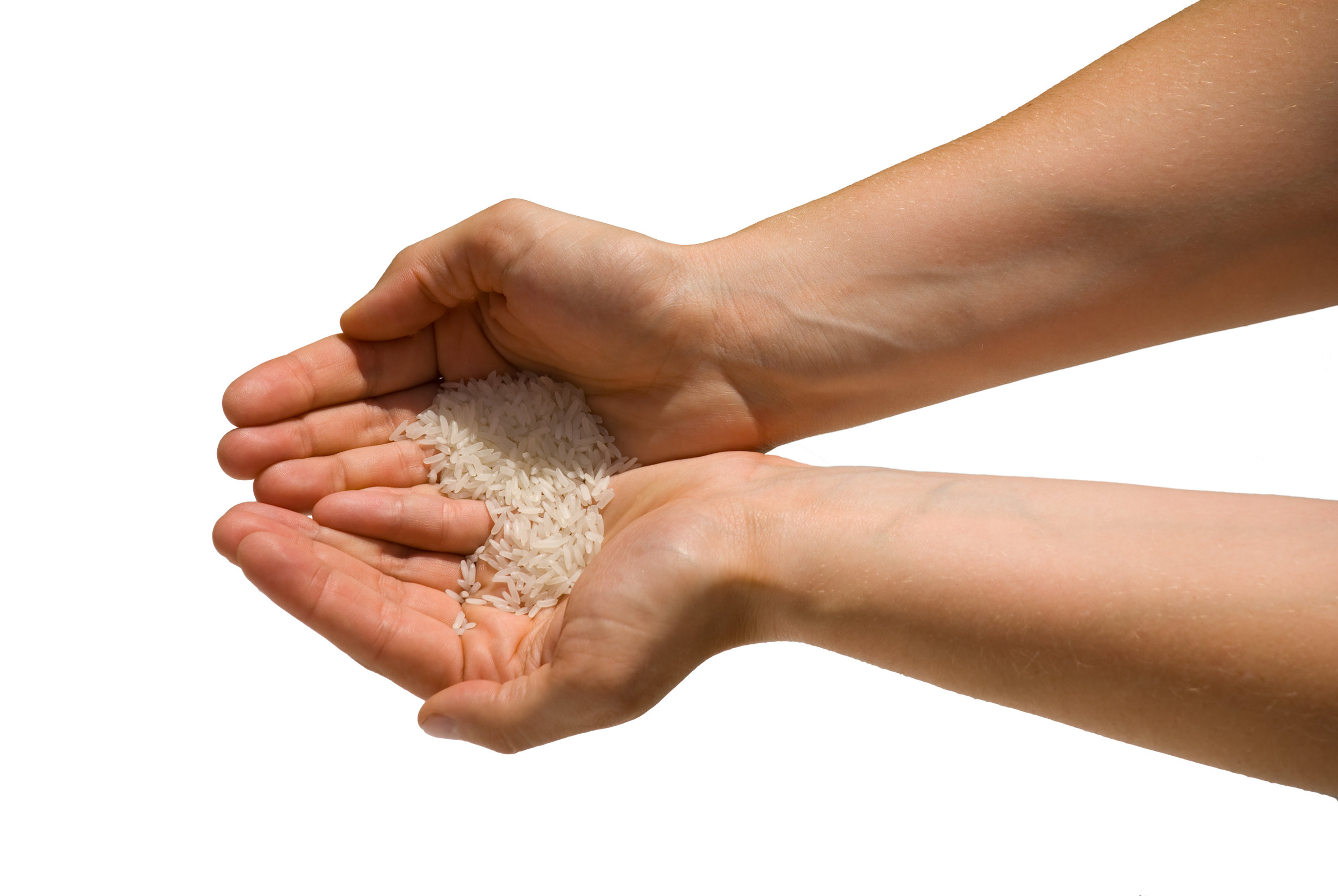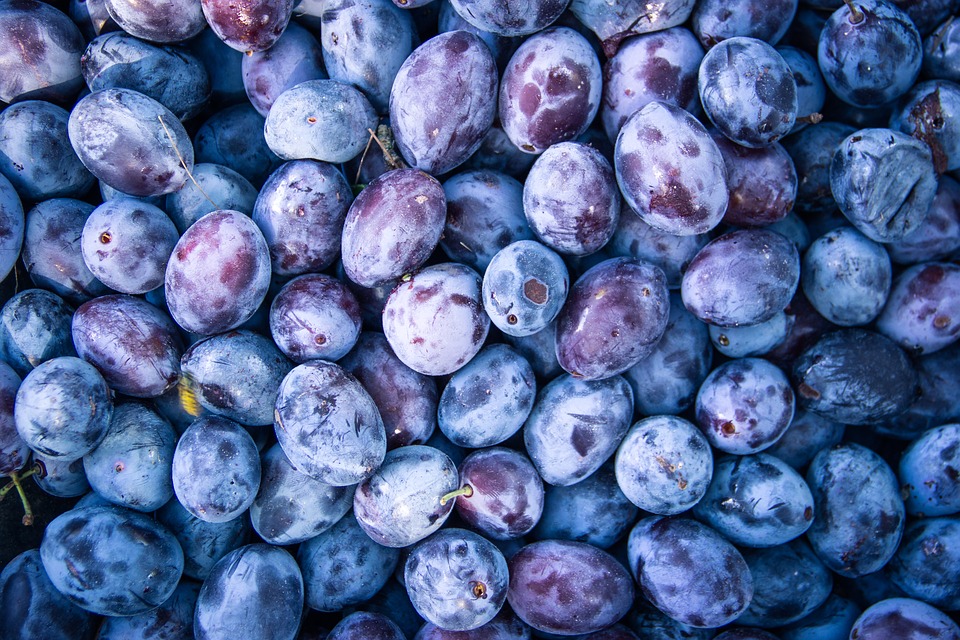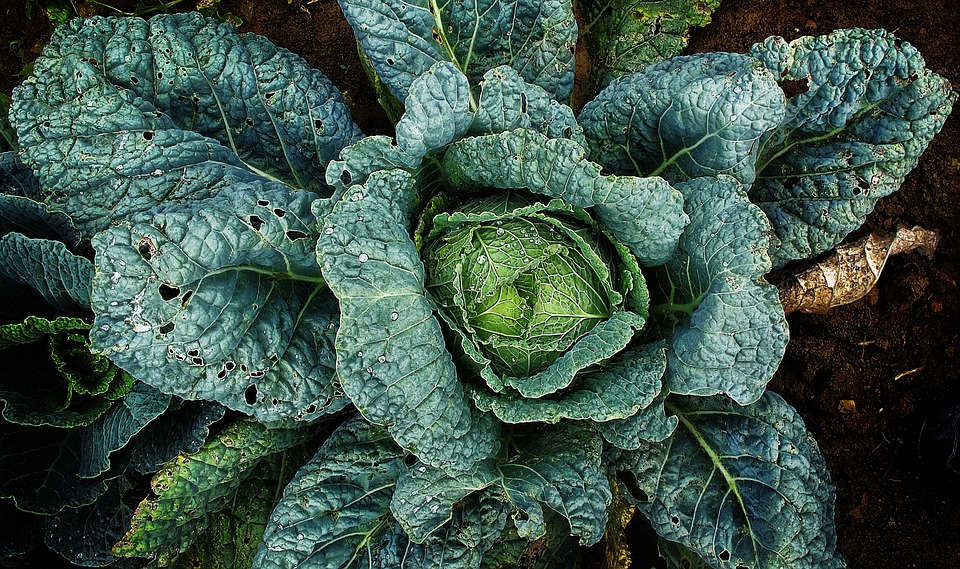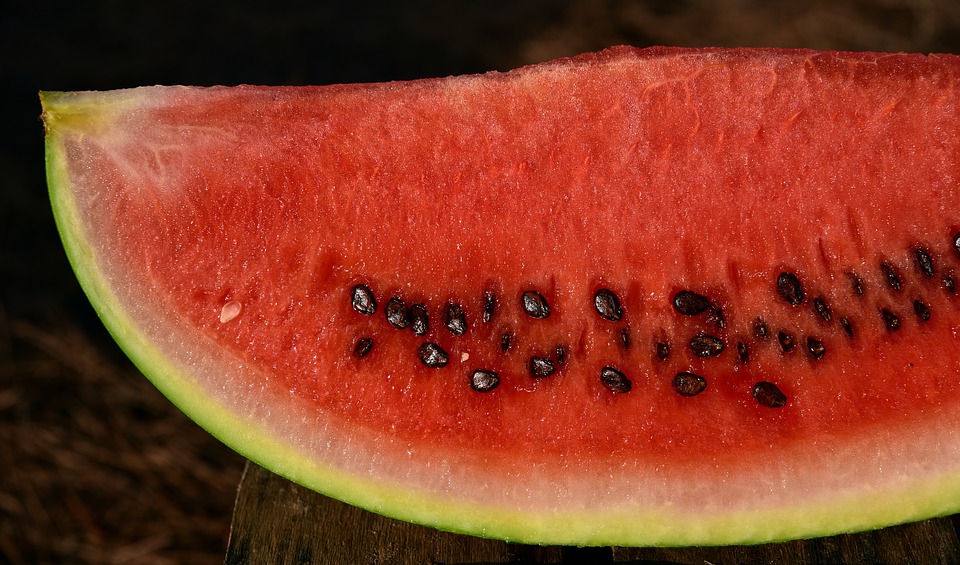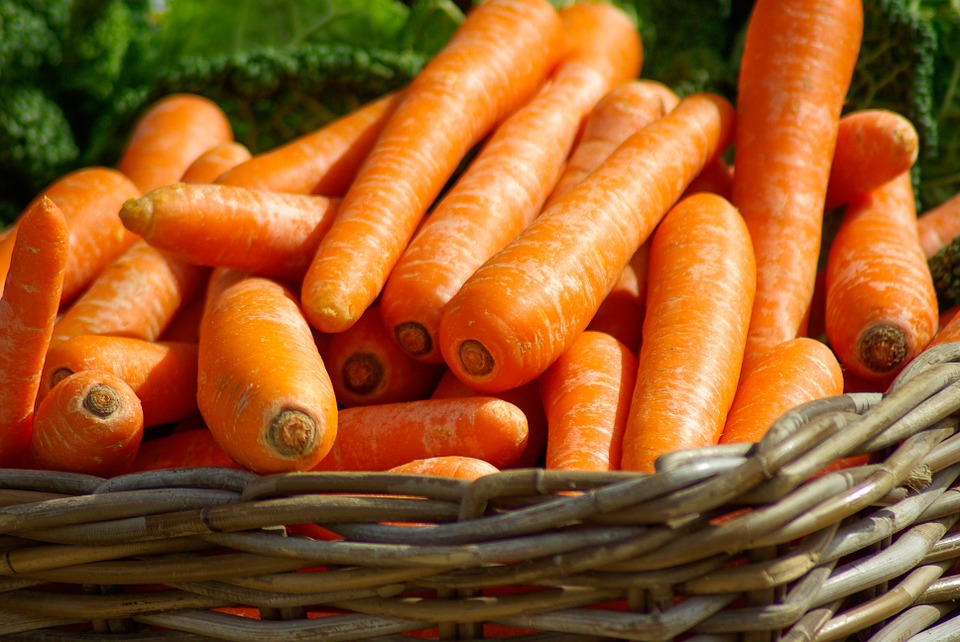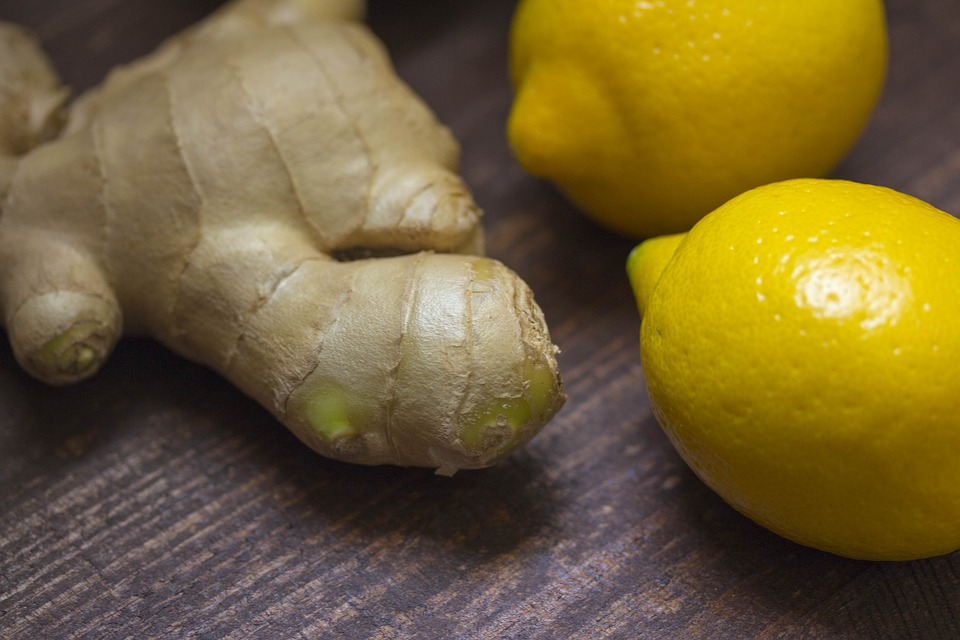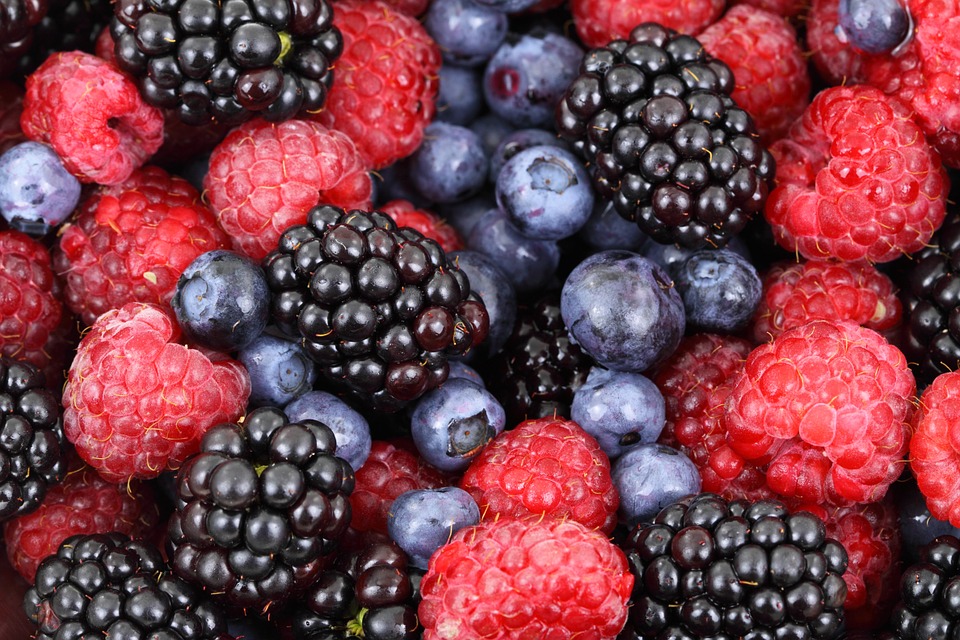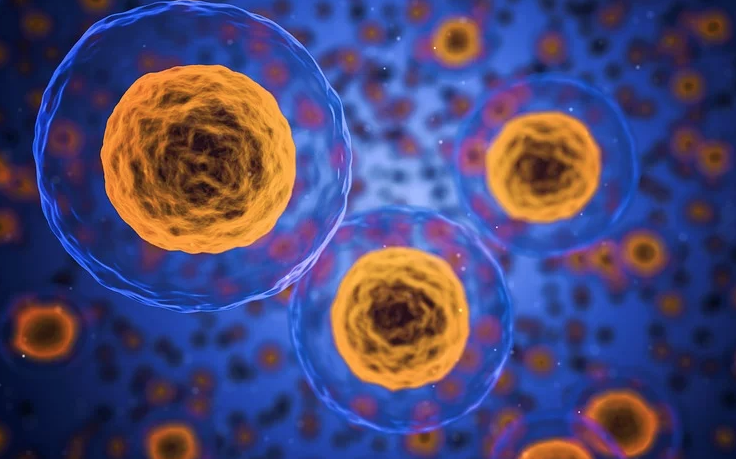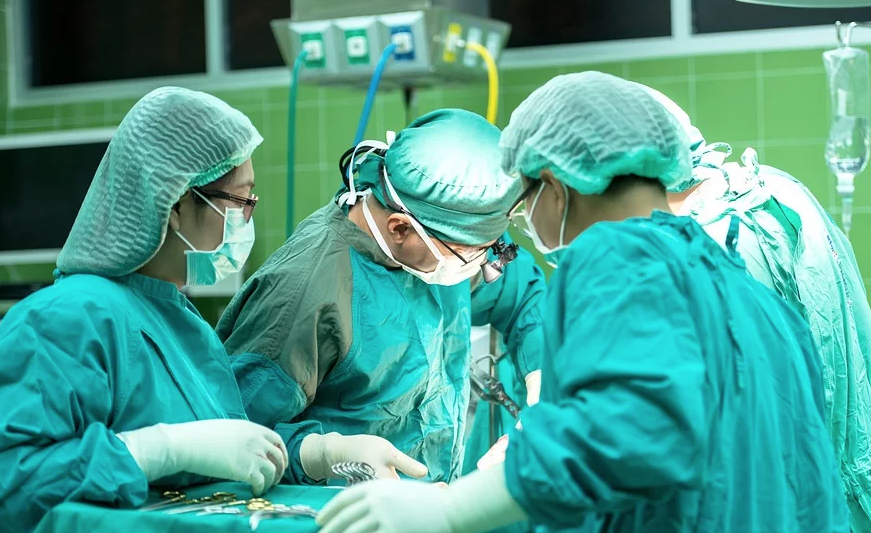Click on the + to learn more information
Is veganism is a religion?
The definition of religion is, "the belief in and worship of superhuman controlling power, especially a personal God or gods." Veganism is an ethical stance, not a religion. The term "vegan" was originally coined by Donald Watson back in the 1940's. Donald was actually agnostic, which is someone who claims neither faith nor disbelief in God. Within any group, there will always be some individuals who ascribe to beliefs that could be interpreted as "faith". Vegan beliefs are based off of scientifically verifiable facts, not gospels or scripture.
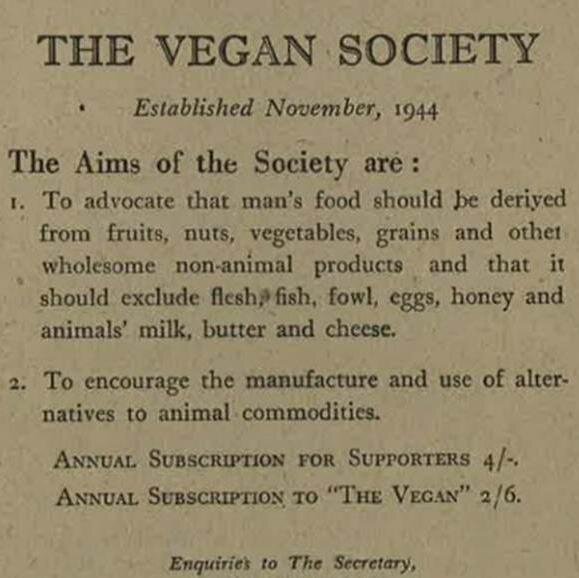
Is a vegan diet healthy?
American Dietetic Association: “Appropriately planned vegetarian diets, including total vegetarian or vegan diets, are healthful, nutritionally adequate, and may provide health benefits in the prevention and treatment of certain diseases. Well planned vegetarian diets are appropriate for individuals during all stages of the life cycle, including pregnancy, lactation, infancy, childhood, and adolescence, and for athletes."
Dietitians of Canada: "A well planned vegan diet can meet all of these needs. It is safe and healthy for pregnant and breastfeeding women, babies, children, teens and seniors."
The British National Health Service: "With good planning and an understanding of what makes up a healthy, balanced vegan diet, you can get all the nutrients your body needs."
The British Nutrition Foundation: "A well-planned, balanced vegetarian or vegan diet can be nutritionally adequate. Studies of UK vegetarian and vegan children have revealed that their growth and development are within the normal range."
The Dietitians Association of Australia: "Vegan diets are a type of vegetarian diet, where only plant-based foods are eaten. They differ to other vegetarian diets in that no animal products are usually consumed or used. Despite these restrictions, with good planning it is still possible to obtain all the nutrients required for good health on a vegan diet."
Harvard Medical School: "Traditionally, research into vegetarianism focused mainly on potential nutritional deficiencies, but in recent years, the pendulum has swung the other way, and studies are confirming the health benefits of meat-free eating. Nowadays, plant-based eating is recognized as not only nutritionally sufficient but also as a way to reduce the risk for many chronic illnesses."
The Heart and Stroke Foundation of Canada: "Vegetarian diets can provide all the nutrients you need at any age, as well as some additional health benefits.”
The United States Department of Agriculture: "Vegetarian diets can meet all the recommendations for nutrients. The key is to consume a variety of foods and the right amount of foods to meet your calorie needs. Follow the food group recommendations for your age, sex, and activity level to get the right amount of food and the variety of foods needed for nutrient adequacy. Nutrients that vegetarians may need to focus on include protein, iron, calcium, zinc, and vitamin B12."
The National Health and Medical Research Council: "Alternatives to animal foods include nuts, seeds, legumes, beans and tofu. For all Australians, these foods increase dietary variety and can provide a valuable, affordable source of protein and other nutrients found in meats. These foods are also particularly important for those who follow vegetarian or vegan dietary patterns. Australians following a vegetarian diet can still meet nutrient requirements if energy needs are met and the appropriate number and variety of serves from the Five Food Groups are eaten throughout the day. For those eating a vegan diet, supplementation of B12 is recommended."
The Mayo Clinic: "A well-planned vegetarian diet can meet the needs of people of all ages, including children, teenagers, and pregnant or breast-feeding women. The key is to be aware of your nutritional needs so that you plan a diet that meets them."

Where do you get your protein?
All plants (including fruit) contain protein and you can get all of the 9 essential amino acids from plants (especially chia and hemp seeds). As long as you eat enough and a variety of plant foods, you will consume enough protein. "Any protein you get from an animal is simply recycled plant protein," says Dr. Milton Mills. Consider this, Americans take in twice the amount of the recommended daily value of protein and continue to rank as the most obese nation in the world. Excess protein is linked to osteoporosis, kidney stones, diabetes and cancer. Vegans actually have higher amounts of blood protein levels than omnivores. True protein deficiency is very uncommon in the western world especially when our supermarkets are packed with an abundance of plant foods. Our problems do not stem from a lack of food choices, they come from our lack of awareness and understanding of nutrition. The fact is, less than 3% of Americans get the recommended minimum adequate intake of fiber, so instead of asking where vegans get their protein from, first check to see if you're consuming enough fiber. Watch this video for more information.
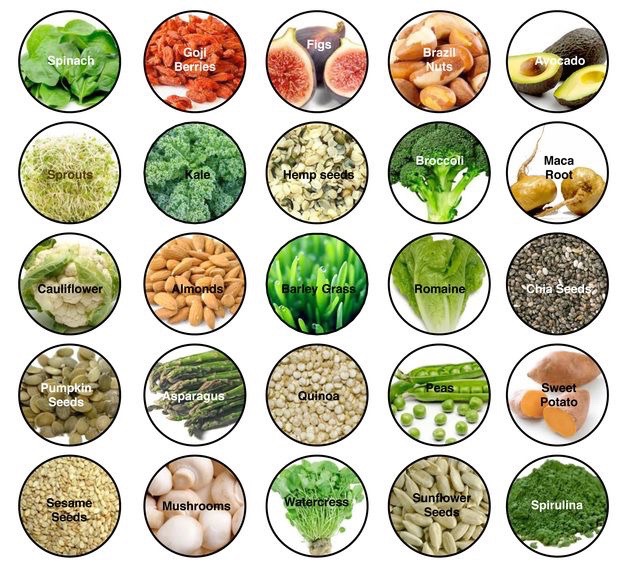
Why hasn't my doctor recommended a plant based vegan diet yet?
On average, U.S. medical schools offer only 19.6 hours of nutrition education across four years of medical school, according to a 2010 report in Academic Medicine. Medicine is essentially symptom suppression and doesn't necessarily fix the exact cause of the problem. Doctors should be consulted for emergencies, not for lifestyle induced disorders. Luckily, more and more doctors these days are becoming more aware of the effect our food has on our health and are beginning to include this as part of treatment and prevention. Below is a list of plant based doctors who have written many books and conducted research on the benefits of a plant based vegan diet. Click here to find a plant based doctor in your area as well.
Below are well known and respected plant based doctors and nutrition professionals:
- Dr. Neal Barnard, MD
- Michael Greger, MD
- Dr. T. Colin Campbell, PhD
- Dr. John McDougall, MD
- Dr. Caldwell Esselstyn, MD
- Dr. Michael Klaper, MD
- Dr. Joel Fuhrman, MD
- Dr. Doug Lisle, PhD
- Dr. Matt Lederman, MD
- Dr. Alona Pulde, MD
- Thomas M. Campbell, MD
- Garth Davis, MD
- Dean Ornish, MD
- Pam Popper, PhD, ND
- Ginny Messina, MPH, RD
- Jack Norris, RD
- Joel Kahn, MD
- Jeff Novick MS, RD
- Julianna Hever MS, RD, CPT
- Dr. Kim Williams, MD
- Alan Goldhamer, DC
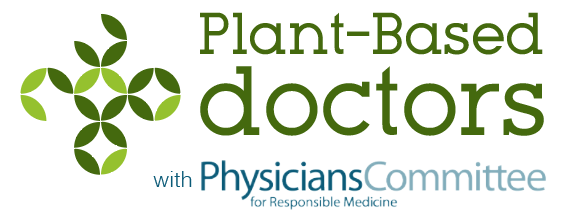
Aren’t humans designed to eat meat?
Humans walk upright and have prehensile hands. The opening of our mouths is much smaller than our carnivore/omnivore counterparts. We have rudimentary blunt canines and flatted molars to easily chew fruit and vegetation. If we tried to kill a cow or a pig with the biological features we were born with, we would not be successful as we are not effective predators in nature. Anytime a human sees an animal suffering or in pain, we tend to feel compassion for the animal and try to help it out.
Saying that humans are designed to eat meat is simply an appeal to nature fallacy. If humans want to mimic the animal kingdom, why limit the mimicking to eating only? Animals rape other animals and even kill and eat their young if they are not healthy. If we did that then we would get thrown in prison. Carnivores stalk their prey, salivate at the sight of it, are able to catch a live animal with their canines and rip and tear the animal to shreds then sit back and enjoy the entire bloody carcass all the way from its tendons, ligaments to the entire brain. Mother bears, felines, primates, and many species of rodents—from rats to prairie dogs—have all been seen killing and eating their young so should humans do the same? When people see graphic content of an animal being killed or eaten, they typically look away or feel sad. If humans were naturally intended to eat animals, we would not only enjoy the process of animals being killed but we would be able to kill them ourselves with our innate biological features. There’s a reason why we protect children from seeing animals being killed, it upsets them. If given the opportunity, would a child kill a bunny rabbit with its own hands or would they play with it? If the child killed it, we would fear for the child’s mental issues, yet when we confirm to societal norms, we all accept killing of certain animals.

Is grass fed meat a better choice?
Eating grass fed meat and "carnivore" style diets are both unhealthy and unsustainable for our planet. Research, led by Matthew Hayek of the Harvard Animal Law and Public Policy Program and Rachel Garrett of Boston University’s Department of Earth and Environment, was published in the recent issue of the journal Environmental Research Letters.
They said that, "Future US demand in an entirely grass-and forage-raised beef scenario can only be met domestically if beef consumption is reduced. In order to produce the same quantity of beef as the present-day system, we find that a nationwide shift to exclusively grass-fed beef would require increasing the national cattle herd from 77 to 100 million cattle, an increase of 30%. We also find that the current pastureland grass resource can support only 27% of the current beef supply (27 million cattle), an amount 30% smaller than prior estimates. Given the environmental tradeoffs associated with raising more cattle in exclusively grass-fed systems, only reductions in beef consumption can guarantee reductions in the environmental impact of US food systems."
A grain-fed cow will require three acres of land, while a grass-fed cow requires nine acres. Ultimately, a grass-fed cow will use 35 percent more water and 30 percent more land than a conventional, grain-fed cow. Animal agriculture is responsible for a minimum of 18 percent of greenhouse gas emissions — more than the combined exhaust from all global transportation. A new study has also demonstrated that if all of the world ate as much meat as the US, we would need 5 planets to feed everyone. Grass fed beef is inefficient and cannot feed the world. It doesn’t work and is completely unsustainable. Source here.
The Agricultural Marketing Service, a branch of the USDA, announced that it was dropping its official definition of “grass-fed.” Although the USDA continues to evaluate and approve grass-fed claims, the government no longer has an official definition of the term. That means it’s challenging, and in some cases, impossible, for consumers to be sure what they’re purchasing is indeed “grass-fed.”In addition, grass-fed beef comes at a higher cost to consumers. According to Consumer Reports, grass-fed beef costs about $2.50 to $3 more per pound than conventional supermarket beef. The increase is largely because farmers usually need a year longer to get their grass-fed cows to reach slaughter weight than they would require for a grain-fed cow. The extra time commitment increases feed and labor costs. “From ground beef to sirloin steak to rump roast, every cut of beef contributes to more deadly illnesses than the chemicals in pink slime will likely ever cause. Whether it’s pink slime or organic, grass-fed beef, it all leads to obesity, heart disease, type 2 diabetes, and life-threatening illnesses.” -The Physician’s Committee for Responsible Medicine.
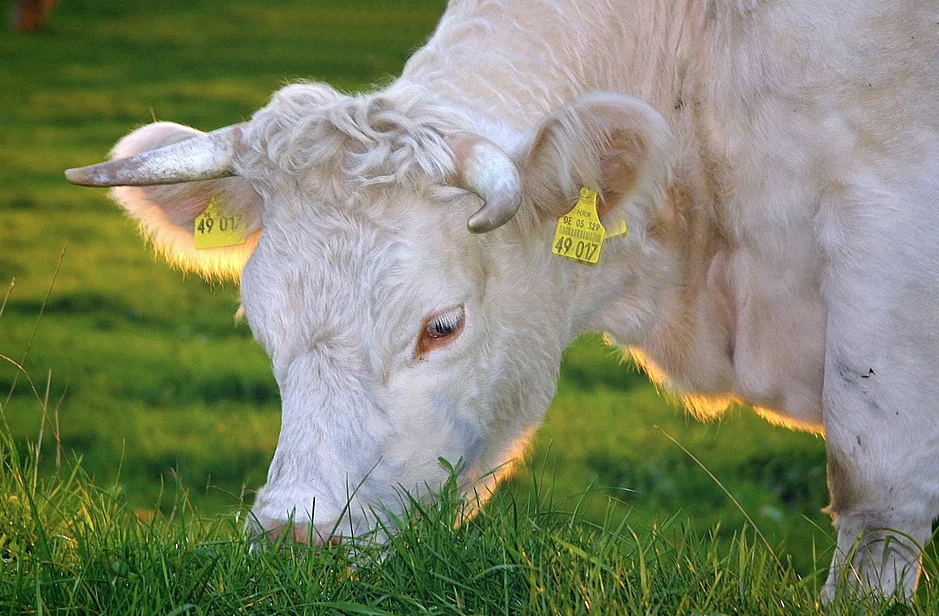
Where do you get your calcium
Calcium is a mineral that comes from the soil, not from cows milk. Originally, cows would eat grass to obtain minerals, but are now fed diets high in processed genetically modified corn and soy, therefore calcium is actually added back in after pasteurization of the milk. Ironically, the highest causes of osteoporosis are found in nations with the highest consumption of dairy. These calcium rich plant foods all have more calcium than one glass of milk:
- Kale: 90 mg per cup
- Spinach: 244.8 mg per cup
- Collards: 452.2 mg per 2 cup
- Sesame seeds: 351 mg per 1/4 cup
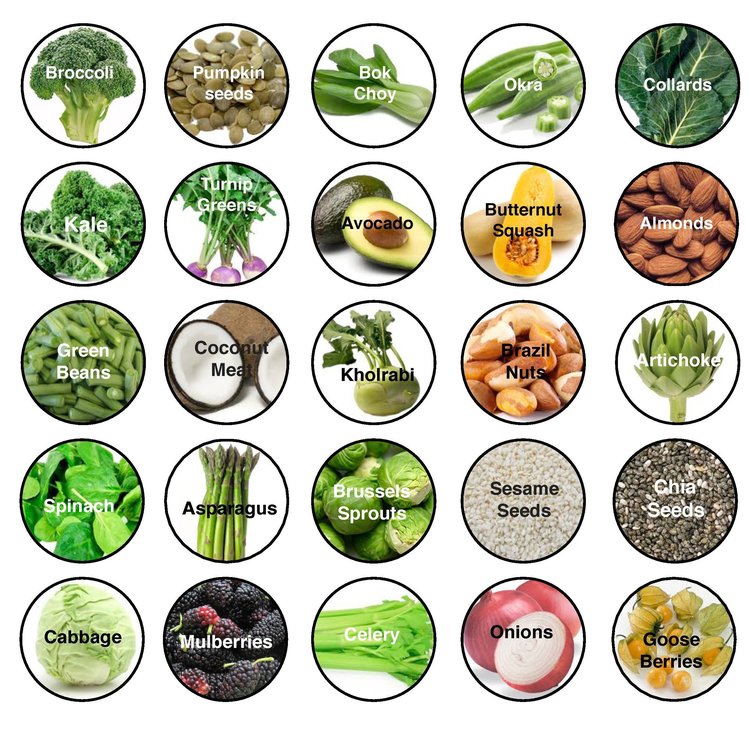
Where do you get your iron?
Dark green leafy vegetables and beans are great sources of iron, even better on a per calorie basis than meat. Iron absorption is actually increased by eating foods containing vitamin C. More foods that are high in iron include: lentils and chickpeas (which you can sprout and eat raw), cashews, chia seeds, hemp seeds, pumpkin seeds, kale, dried apricots, dried figs, raisins, quinoa, avocados, tomatoes and even bananas. Foods that can hinder the absorption of iron include: coffee, dairy products, alcohol and calcium supplements which is why many people are deficient in the first place.
- Soybeans, cooked: 8.8mg per cup
- Blackstrap molasses: 7.2mg 2 tbsp
- Lentils, cooked: 6.6mg per cup
- Spinach, cooked: 6.4mg per cup
- Chickpeas, cooked: 4.7mg per cup
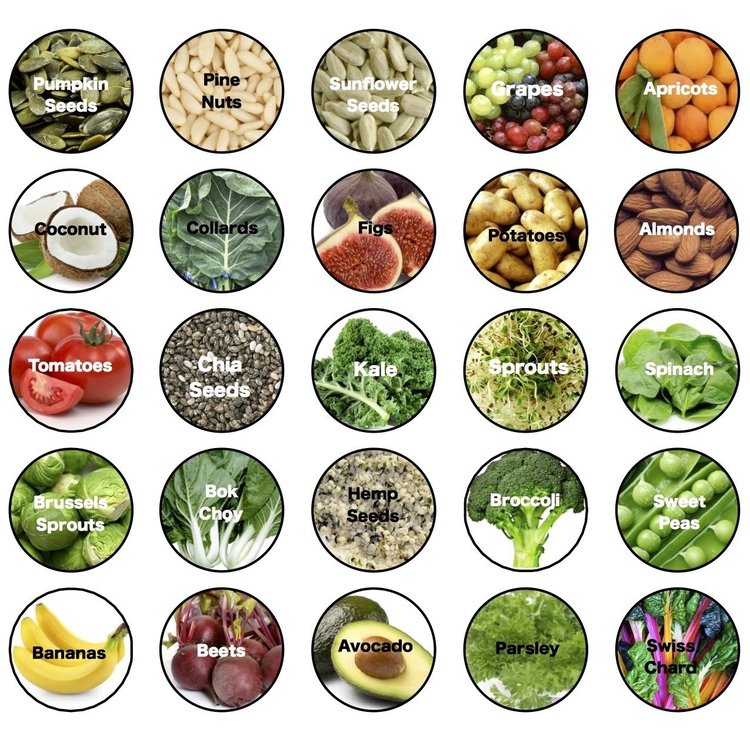
What does Raw Vegan Ginger eat?
I eat fresh, whole, ripe, raw, organic (if possible) fruits & vegetables with a minimal amount of soaked nuts, seeds, and sprouts on occasion. Certain times of the year I may even break my 100% raw food diet and include steamed squashes and/or stachy vegetables, that's it. I like to keep it as simple as possible. Plant based vegans typically eat fruits, vegetables, nuts, seeds, beans, legumes, grains, seaweeds, soy products, and plant based milks. There are over eight thousand different types of edible plants varieties humans can eat, vegans are simply asking people to cut out (or reduce) a couple of animal species from their diet. If you want to see what I eat on a daily basis, follow me on Instagram and watch my stories.

Is a vegan diet expensive?
Have you priced the cost of meat lately? Rice, beans, potatoes, pasta, and many fruits & vegetables are some of the cheapest foods on the planet costing no more than $1-2 per pound. Even vegans who buy costlier products like imitation meats and nondairy products can still spend less than people who consume a lot of beef, chicken, and fish. Meat and dairy products not only cost more than plant foods but they can certainly run up your health care costs in the long run since we already know that highly acidic foods are correlated with cancer and disease. In summary, plant foods are some of the cheapest calorie sources on the planet. Click here to learn how to eat healthy on $5 a day!
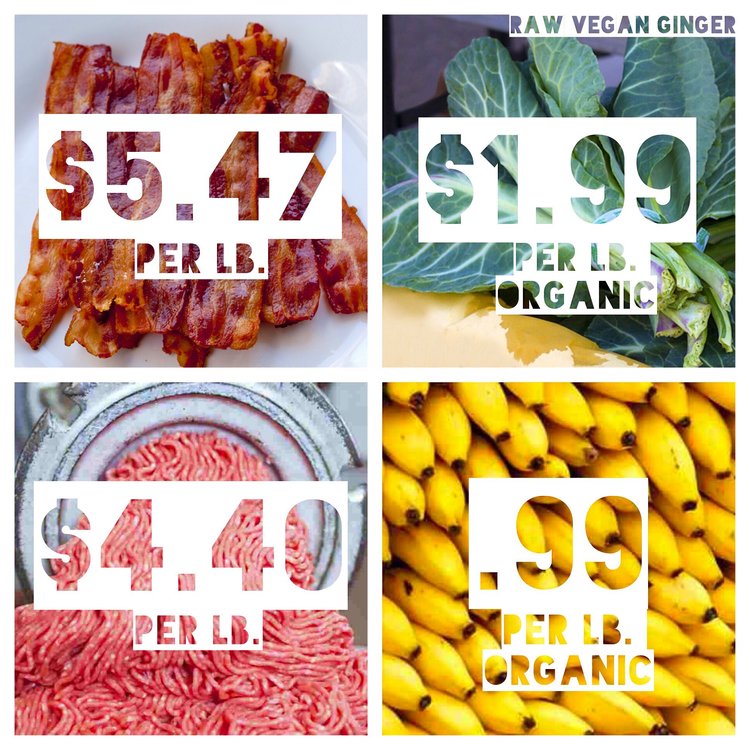
Is a raw vegan diet expensive?
This would depend on where you live and what you buy. If you live in southern California like I do, then you would have access to large quantities of fruits and vegetables all year 'round. There are plenty of long term raw foodists like Lissa from Raw Food Romance and Chris from The Raw Advantage who both live in Canada and they are a great example of how it can still be done. To save on costs, I purchase buy my fruits and vegetables in bulk to get a discount. I create relationships with farmers at the farmers market so I can get discounts and always ask every grocery store for bulk discounts on my staple foods like oranges, bananas, and dates. If you live in the Los Angeles area, then you are close to the LA Wholesale Produce Market where you can purchase. Absofruitly Mel wrote a blog post on it here. Either way, many raw vegans have made this lifestyle work almost anywhere in the world. I'm a big believer that if you want something bad enough in life, you can certainly make it happen.
Do you only eat globally distributed foods?
Not at all. Since becoming passionate about consuming raw foods, I moved to a warmer climate in Southern California where fresh fruits and vegetables are abundant. I eat seasonally and purchase 40 pounds of oranges each week from a local farm stand in my area. The bananas I purchase are always fair trade and the dates I purchase are from large farms in California. I support small farms by shopping at a farmers market once a week and at my favorite health food store, Jimbos, since they focus on supporting locally grown produce and sometimes even label the distance a food product has traveled to get to their store. Eating locally is beneficial, but I understand not everyone lives in a warm climate. Our food system is certainly not perfect, but distributing foods globally doesn't compare to the devastation that animal agriculture creates doesn't mean it's not worth trying. Once our demand for animal products decreases, we can grow fruits and vegetables on the land once used to graze animals and feed twice as much people. There is nothing wrong with supporting the economies of other countries. We all live on this planet together. There is no competition. We need to all work together to find peace regardless of our belief systems. Each and everyone of us deserve to be alive and thriving!
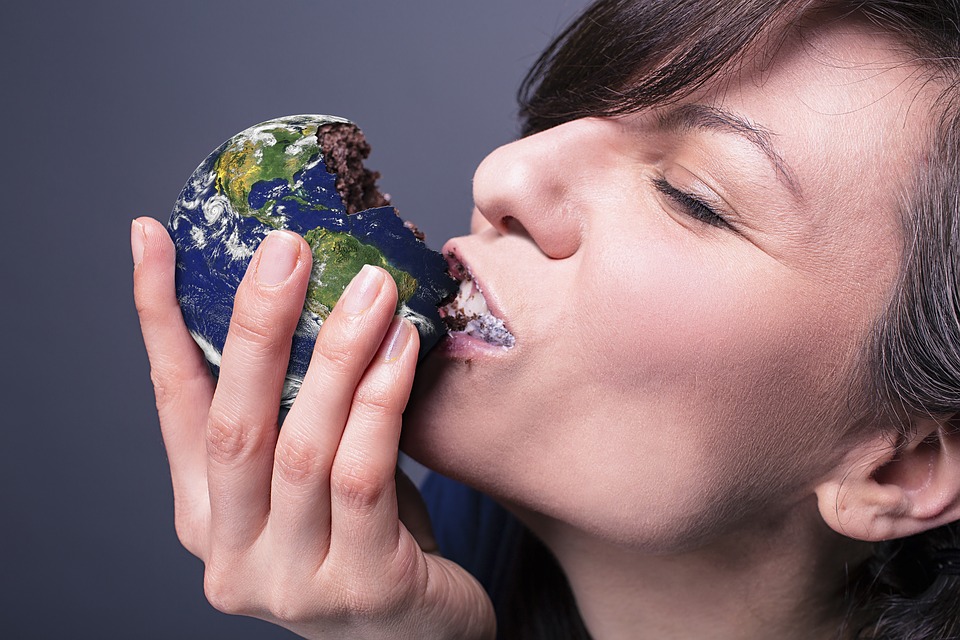
How come some vegans and raw vegans look unhealthy?
Appearance does not always determine health. Many people who come to a vegan or raw food diet were not always eating this way their entire life. Some were even coming from a place of sickness and disease looking for fresh foods to aid in their healing. Just because you eat a healthy diet for a couple years doesn’t mean that will immediately reverse decades or an entire lifetime of health issues or wake up like a model. People assume that a vegan diet is the healthiest diet on the planet. Although it can be, keep in mind that a lot of vegan foods can still be overly processed and include additives, which are dehydrating to the body. According to data from the National Health and Nutrition Examination Survey (NHANES), over 70% of Americans are overweight and/or obese so it’s understandable how having a lean body weight is considered abnormal when the norm is otherwise. We can't always judge according to appearances because people can still die of a heart attack while having sick pack abs.
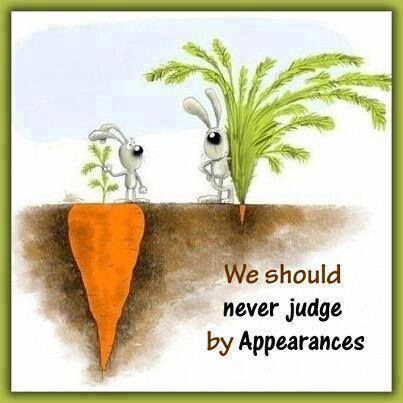
Can you build muscle on a vegan diet?
Ask these vegan body builders how they built lean muscle on a plant based vegan diet... Torre Washington, Nimai Delgado (has never eaten meat), Jehina Malik (has never eaten meat), Frank Medrano, Korin Sutton, Ryan Nelson, Dominick Thompson, John Lewis, Jordan David, and Crissi Carvalho. Check out the world record holding strongman who is vegan, the world record holding ultra marathoner who is vegan, vegan MMA fighters, gold medalists and many more here: www.greatveganathletes.com
Is dairy healthy?
Dairy was not created to nourish a human body, it was and will always be intended for a baby cow. Cow's milk is a high fat high nutrient fluid designed to turn a 65 pound calf into a 700 pound cow as rapidly as possible. Casomorphines are the addictive opiate properties found in dairy which are intended to attach a baby to its mother. We typically wean children off of breast milk when they are about 1-2 years old, so how come grown adults are still drinking breast milk (especially from another species)? What a coincidence that the countries with the highest dairy consumption all have the highest rates of osteoporosis. Dr. Colin T. Campbell describes "casein (a milk protein) as the most relevant cancer promoter ever discovered." Conditions such as acne, breast cancer and prostate cancer have all been linked epidemiologically to dairy intake due to the high mucous content as well. Humans only started to drink dairy products in the past 7,500 years so we can certainly learn to live without this fluid again. The Physicians Committee for Responsible Medicinecan elaborate more on why dairy products are unhealthy here. Cows milk is simply baby calf growth fluid, no matter what we do to it. Watch this 90 second video and you may change your mind about dairy.
Do dairy cows liked to be milked?
For a cow to be milked it needs to be pregnant. How does a cow become pregnant? Artificial insemination. Cows on farms aren't even granted the pleasure of sex which makes the dairy industry is a business that produces a product, not for the welfare of the cows. If a baby male calf is born, it is immediately taken from its mother and sold off to the veal industry where it is held in a tiny cage so its meat will be tender then fed milk replacer so the milk. Last I checked, humans were not baby calfs. IGF-1 is a hormone found in milk that grows tumors in the human body but the main intention is to stimulate milk production within the cow. There are so many delicious dairy free alternatives out there that are healthier for us.
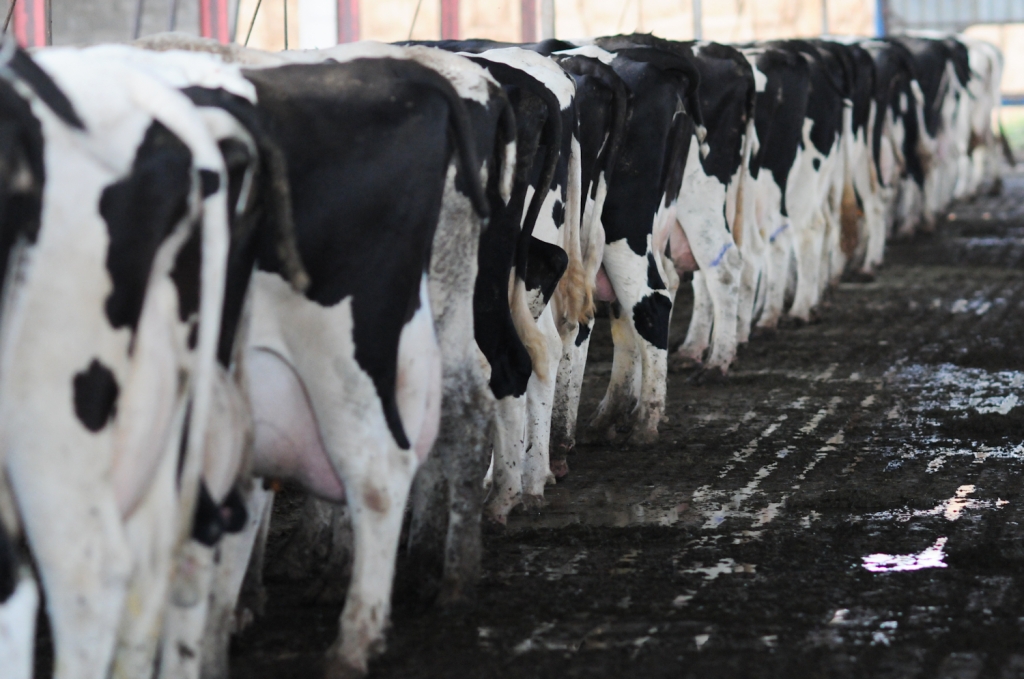
What are some alternatives to meat, dairy and eggs?
- COW'S MILK: Rice milk, almond milk, coconut milk, soy milk, oat milk, cashew milk, hazelnut milk, hemp milk and banana milk.
- BURGERS: Bean burgers, lentil burgers, sweet potato burgers, Beyond Burger, Hillary’s burger, Amy's burger, Nut burgers, Morningstar Burger, Gardein Burger, etc.
- SAUSAGES: Field Roast has some of the best vegan sausages on the market. Much healthier than the alternative which is considered a class 1 carcinogen by the World Health Organization.
- CHICKEN: Gardein, Morningstar or you can make your own out of chickpeas and artichokes here.
- ICE CREAM: Basically all of the diary free alternatives (banana, coconut, soy, almond, etc.) that you can turn into ice cream. Ben & Jerry's, So Delicious, Coconut Dream and many others have amazing vegan ice creams on the market.
- CHEESE: Daiya, Follow Your Heart, Field Roast Chao, Miyokos, Go Veggie, Toffuti, Teese, Lisanatti Foods and you can ever make your own dairy free cheeses here!
- YOGURT: Soy yogurt, coconut yogurt, almond yogurt, cashew yogurt and even flax yogurt.
- MEAT: Tofu, tempeh, seitan, textured vegetable protein, jackfruit, mushrooms, lentils, beans, legumes, eggplant or cauliflower. Gardein offers beefless crumbles, chick'n products, fishless products that many vegans love!
- DIPS: Hummus, guacamole, cashew cheese sauce, vegan ranch dip and artichoke dip.
- CREAM CHEESE/SOUR CREAM: Tofutti, Kite Hill, Daiya or Follow Your Heart.
- BUTTER: Earth Balance or Miyokos. “I Can’t Believe its not Butter” is essentially vegan but take a look at the genetically modified ingredients. Trust me, you don’t want this in your body. not even a little bit.
- MAYONNAISE: Veganaise, smashed avocado or many others on this list here.
- EGGS: To substitute an egg in baking, use applesauce, pureed soft tofu, egg replacer, a flax egg (1 tablespoon ground flax seeds plus 3 tablespoons water or other liquid, blended), or mashed a banana. For scrambled eggs you can use the Vegan Egg or tofu.
- HONEY: Agave, maple syrup, rice syrup or Bee Free Honee. We don’t need to exploit bees to make our food or drinks sweet. Lets leave them out of the equation.
- CHOCOLATE: Cacao, my favorite raw vegan chocolate company is Coracao Confections. Enjoy Life chocolate chips or Lindt plain dark chocolate 70%, 80% & 85%. Click here for the ultimate guide to vegan chocolate by peta2.
Are eggs healthy?
The American Egg Board, a promotional marketing board appointed by the U.S. government, cannot legally claim eggs are nutritious, low fat, part of a balanced diet, low calorie, healthful, healthy, good for you, or even safe. Even the USDA admits that eggs are problematic. The Harvard Physicians Health study, which followed 20,000 doctors for over twenty years found that those doctors consuming at least one egg a day had a significantly higher mortality risk. This study published in the Journal of Atherosclerosis Research that found regular egg consumption to be as dangerous as smoking cigarettes. The human body has no need for dietary cholesterol since it makes cholesterol on its own. We typical see high cholesterol negatively impacting ones health, rarely do we ever see a cholesterol deficiency. Watch this eye opening video about eggs to learn more.
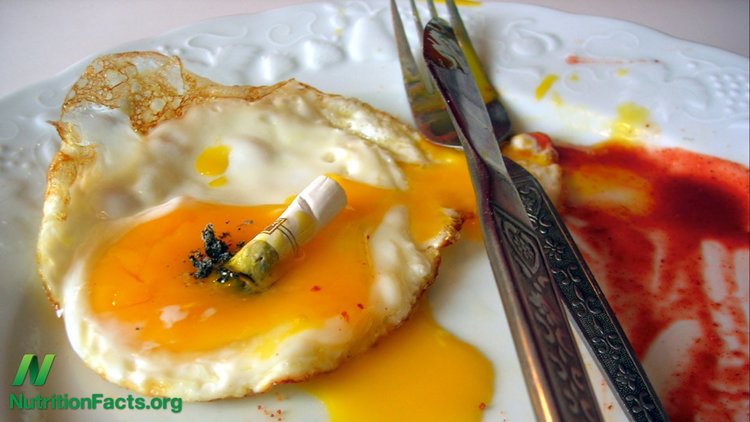
Are eggs natural?
Not only are eggs unhealthy but by consuming eggs, we prevent a life from being born. Egg production uses female chicks only so they grind up millions of baby male chicks alive each week by a cruel process called chick culling. The process of making and passing an egg requires so much energy and labor that in nature, wild hens lay only 10 to 15 eggs per year, yet farmers manipulate the hens’ egg-laying cycles to make them produce more eggs than they normally would, up to 300. How ironic that eating an unborn life cycle of a chick also impacts human healthy negatively?
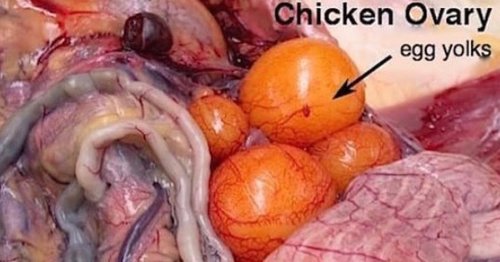
Where do you get your b12 on a vegan diet?
A Tufts University study concluded that nearly 40% of Americans had levels of B12 that were low enough to cause neurological symptoms. Currently, only 6% of the United States population identifies as a vegan making B12 deficiency a non-vegan specific issue. B12 is not only found in meat, it is actually a bacteria. Even the animals we raise for consumption are fed foods fortified with B12, which tells us something. We need to look more into farming practices, soil quality as well as detoxifying our bodies so we can properly absorb, assimilate, and utilize nutrients better. Instead of focusing on supplementing with isolates to fix our deficiency symptoms, we must first address the cause of why we are deficient of a specific nutrient in the first place. As an insurance policy, you can supplement with b12 or eat fortified foods if you are ever low or deficient, just test your blood levels at least once a year so you know where you are at. Ironically, I was anemic my entire life and had low B12 levels when I ate meat and dairy products. Now as a fruit based vegan, my B12 levels are better than ever!
How do you get enough essential fatty acids?
The body can synthesize most of the fats it needs from the diet. However, two essential fatty acids: linoleic and alpha-linolenic, cannot be synthesized in the body and must be obtained from food. These basic fats, found in plant foods, are used to build specialized fats called omega-3 and omega-6 fatty acids.
Foods high in omega-3 fatty acids:
- Flaxseeds
- Walnuts
- Hempseeds
- Chia seeds
- Berries
- Kiwi
- Mangoes
- Jackfruit
- Honeydew melon
- Leafy greens
- Winter squash
- Brussels sprouts
- Wild rice
Foods high in omega-6 fatty acids:
- Avocado
- Flaxseeds
- Hemp seeds
- Sesame seeds
- Pumpkin seeds
- Sunflower seeds
- Wheat germ
- Acai
- Soy
More information on getting enough essential fatty acids can be found here.
Is soy healthy?
It is a common misconception that soy is not healthy, especially for men. Organic (non GMO) whole soy foods contain high levels of healthy protein and fiber which helps to reduce bad cholesterol. Plus, soy is a much better source of protein for your heart than saturated fat rich animal derived foods. If you purchase or consume soy products, make sure they are organic and not genetically modified as soy is the second leading genetically modified crop. More information on if soy is healthy can be found here. I personally do not consume soy due to its estrogen-like compounds called isoflavones that can disrupt endocrine function in some people, but in my opinion, organic tofu and processed soy products are always a much better choice than animal products both sustainably and healthfully speaking.
Is it safe to be vegan while pregnant?
"Appropriately planned vegetarian diets, including total vegetarian or vegan diets, are healthful, nutritionally adequate, and may provide health benefits in the prevention and treatment of certain diseases. Well planned vegetarian diets are appropriate for individuals during all stages of the life cycle, including pregnancy, lactation, infancy, childhood, and adolescence, and for athletes." -American Dietetics Association. Ellen Fisher is one of the most inspirational and helpful vegan mothers I know. Check her out on Instagram and YouTube for tips on vegan pregnancies and raising healthy vegan children. High Energy Parenting is also a great resource as well.
Does a vegan diet help the environment
Does a vegan diet help our environment? Absolutely! Someone who eats a vegan diet has a much lower carbon footprint than someone who includes meat & dairy products into their diet. More information on how veganism benefits our environment can be found here.
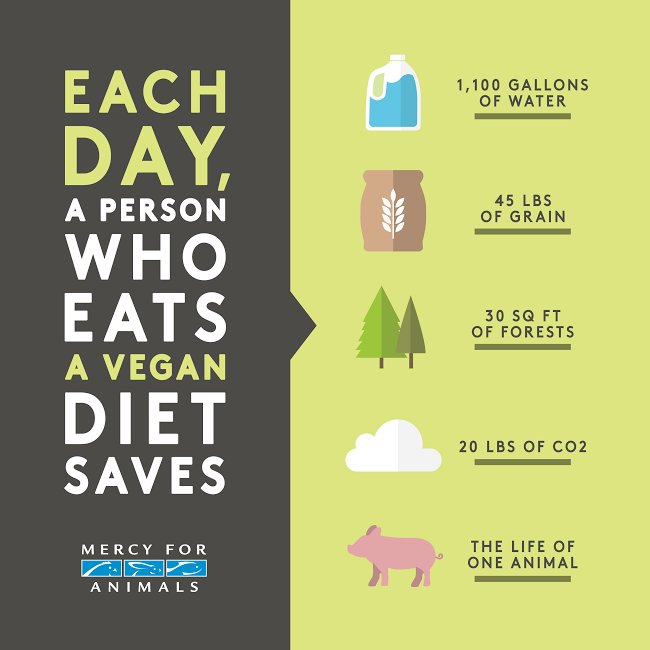
If we stopped eating animals, wouldn't animals take over the world?
All change phases out gradually over time. 100% of the non-vegan population will not go vegan overnight (even though we'd like them to). Supply and demand dictates how many animals we breed into existence based on consumer purchases. Instead of farming animals, farmers can farm what we've always intended to eat, plants! Consumers have the power of industry and can choose to stop needless animal suffering by simply choosing not to pay for animal products.
Do plants have feelings?
Plants do not have a central nervous system or pain receptors. They are not able to express emotion or bleed so plants are in no way equal to farm animals so there is no need to compare them. There is also no scientific evidence that they suffer. The definition of a sentient being is, "a being who is subjectively aware, a being who has interests, a being who prefers, desires, or wants things." If a being has some kind of mind that can experience frustration or satisfaction of whatever interests that being has, then the being is sentient. If you cut the bottom of a romaine or celery stem and immerse it into water, it will grow. If you cut off the head of a chicken or cow, it will rot. There is no equal comparison between killing plants and killing animals. When people are questioned about their consumption of meat, look at how quickly they become activists for plants. If someone is concerned about plants' feelings, then there is even more of a reason to go vegan. Animals raised for food consume 5-20 times the amount of plants to make just a small amount of meat or dairy so you are essentially killing far more plants by choosing an animal based diet.
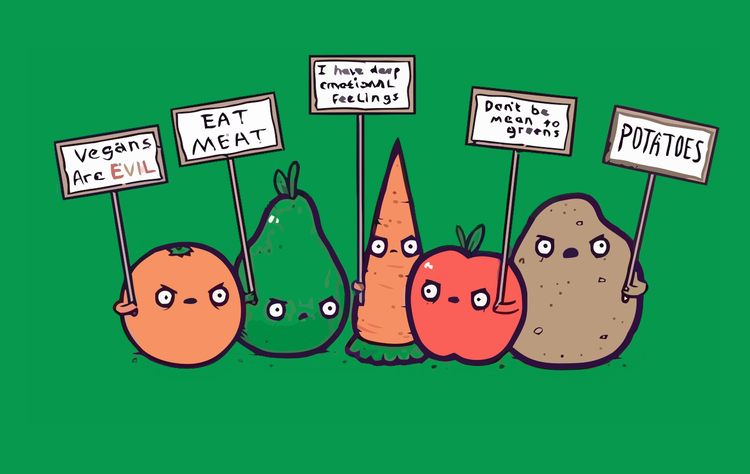
Animals are still killed in the production of plants
Humans intentionally kill billions of farm animals for their flesh. There is no moral equivalence to unintentionally killing small animals and insects in the process of harvesting crops over deliberately artificially breeding billions of sentient individuals into existence for the sole purpose of exploiting and killing them for their flesh, eggs, and secretions. After a thorough analysis, the Animal Visuals report provides the numbers and methodology to demonstrate the conclusion that, overwhelmingly, “The most animal suffering and death can be prevented by following a vegan diet."
26% of the Planet's ice-free land is used for livestock grazing and 33% of croplands are used for livestock feed production. Animal protein production requires more than eight times as much fossil-fuel energy than production of plant protein while yielding animal protein that is only 1.4 times more nutritious for humans than the comparable amount of plant protein, according to the Cornell ecologist's analysis. So is "grass fed" the answer to this problem? If all the U.S. grain now fed to livestock were exported and if cattlemen switched to grass-fed production systems, less beef would be available and animal protein in the average American diet would drop from 75 grams to 29 grams per day. That, plus current levels of plant-protein consumption, would still yield more than the RDA for protein.
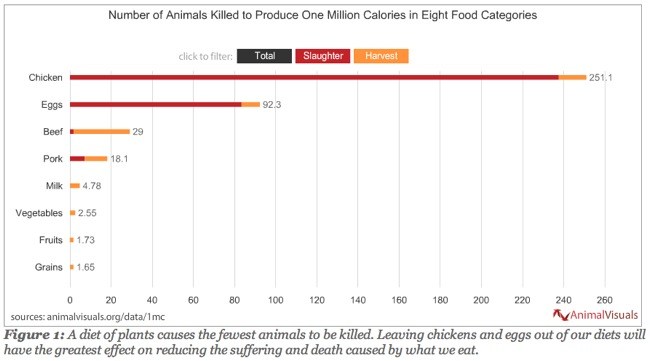
Are animals killed humanely?
How do you kill an animal humanely that does not want to die? Animals resist and fight death until their very last breath. How humane would it be if someone took your pet dog and slit its throat against its will? They do this in China for the Yulin Dog Meat Festival. Farm animals are slaughtered at the human equivalent age of toddlers. When a bull could live up to 20 years naturally, they are typically killed at just one year old. Seems fair? Watch documentaries I recommend like Earthlings and Dominion to see how “humane” slaughter is. Watch this the entire way through, I dare you.
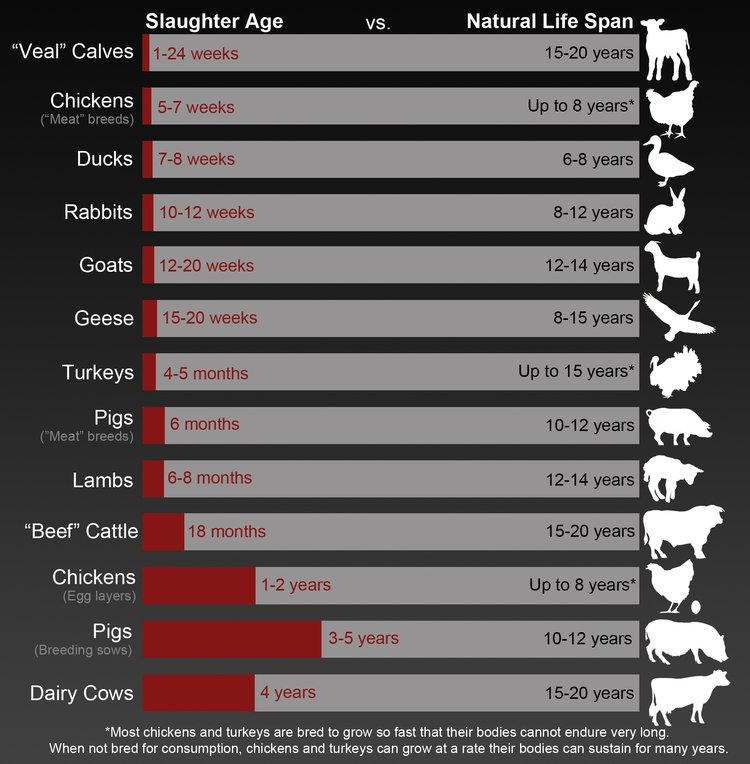
Doesn't God say we can eat meat in the Bible?
There is no religion that mandates eating animals. What kind of benevolent and loving God would approve of the conditions we put animals into in factory farms? If “God” put animals on Earth as food, then how come these animals’ brains are designed to be conscious, aware and able to experience pain and emotions? Do slaughterhouses look like the work of Jesus or the Devil?

Are animals sentient?
The Cambridge Declaration on Consciousness states that, “non human animals have the neuroanatomical, neurochemical, and neurophysiological substrates of conscious states along with the capacity to exhibit intentional behaviors. Consequently, the weight of evidence indicates that humans are not unique in possessing the neurological substrates that generate consciousness. Non-human animals, including all mammals and birds, and many other creatures, including octopuses, also possess these neurological substrates.” Pigs have even outperformed 3 year old human children on cognition tests and are smarter than any domestic animal, and animal experts consider them more trainable than dogs or cats. All too often, scientific knowledge about animal cognition is not recognized in welfare laws.
why should i go vegan?
Click on an image below to learn more about how a vegan diet benefits our environment, the lives of animals, water conservation, the rain forest, the health of our bodies and world hunger.
how do i go vegan?
Follow the steps below:
- Educate yourself on the environmental, ethical, and healthful reasons to live vegan here .
- Watch powerful documentaries like the ones on my list here .
- Follow vegan social influencers that you resonate with.
- Swap out meat, dairy & eggs and "veganize" your favorite meals. There are millions of vegan recipes that are found on Google or Pinterest.
- Become more mindful, conscious and aware of the ingredients you consume. Write down everything that you're eating to keep track and become more accountable with yourself.
- Ask yourself, would you would eat the pets you love? If not, why eat other animals? Just because we've always been doing something doesn't mean it's right.
- Order a free vegan starter kit or signup for a 22 day vegan challenge.
- Signup for my health coaching or find a free vegan mentor here.
- Connect with other vegans on social media, Meetup.com, or at your local VegFest.
- Check out vegan restaurants in your area on Happy Cow here.
- Ask yourself WHY you want to live vegan.
As a new vegan, what should I eat?
Your favorite fruits, vegetables, nuts, seeds, beans, legumes, starches, grains, soy products and/or plant based milks. You can also eat delicious vegan burgers, pizzas, pastas, mock meats, cookies, cakes and candies as well. Check out the video below from The Vegan Activist for more specifics on what vegans actually eat.
If you were on a deserted island with a pig, would you eat the pig or starve to death?
The more important question is... If you were living on a planet with over 7 billion people, had access to unlimited fresh fruit, vegetables, nuts, seeds, beans, legumes, starches, grains, soy products and plant based milks and knew that animals suffer horrible deaths just so you could eat them when you could easily eat something else, would you continue to eat them? The difference between the questions is that your scenario would never happen and mine is a choice we face every single day with what we choose to eat. Tell me, which question is worth an answer?
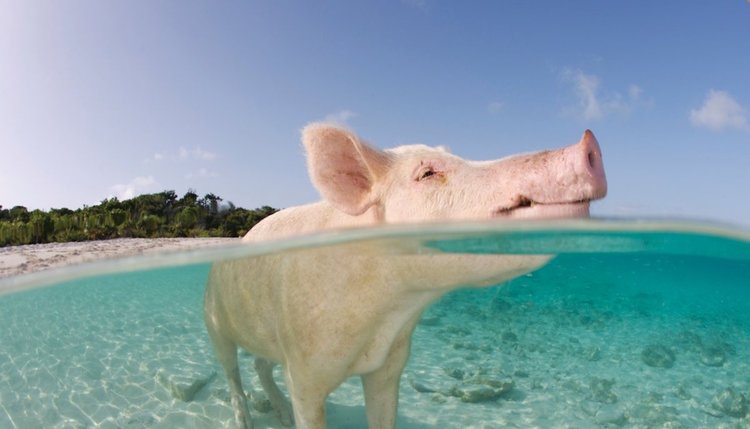
What foods should you never consume raw?
Animal flesh (including raw fish which contains high levels of mercury, bacteria and even parasites), eggs, potatoes (especially potatoes that turn green), un-sprouted or un-cooked beans, rhubarb leaves and yucca. If you have digestive or thyroid issues, avoid eating cabbage, Brussels sprouts, broccoli, cauliflower and other cruciferous vegetables raw. These foods are harder to digest and can create gas and/or bloating depending on your internal environment. These foods are much more easily digested when they are either juiced or lightly steamed.
What are the benefits of eating raw foods?
Click here to learn more about a raw food diet and all of its wonderful benefits.
Are figs vegan?
Botanically speaking, a fig is actually more of an inverted flower than a fruit. Because of this inside out design, figs are not able to rely on normal pollination methods such as the wind or bees. Enter the fig wasp. This wasp and the fig tree have a beautiful and mutualistic relationship that both benefit from (though seeming more at the expense of the female wasp). Their deal is that the fig gets pollinated and the female wasp gets to lay her eggs inside the fruit, but at a price. As the female wasp crawls into the fig, her antennae and wings break off and she cannot get back out - a mother’s sacrifice.
In a fascinating twist, the fig ends up using an enzyme to break down the wasp’s body into protein. Once the baby wasps are born, the males chew a way out before fertilizing the newly born female wasps. The females then emerge from the fig, ready to spread the pollen from their fig, to another fig tree by repeating the same cycle, assisting in the reproduction of the fig tree and laying their own eggs in the process.
![alt text][0]
So are we eating figs that have a dead wasp inside? Keep in mind that female wasps aim to lay their eggs in the male figs, while the figs we eat are typically female. There's really no need to worry because many of the figs sold and bought in the U.S. are from California, where a large majority of the fig trees are actually self-pollinating.
We are not exploiting fig wasps, they just following their basic instinctual tendencies to benefit nature. We wouldn't have any figs without the help of the fig wasp anyway so eating figs do not directly harm fig wasps so in turn, figs are a vegan food.
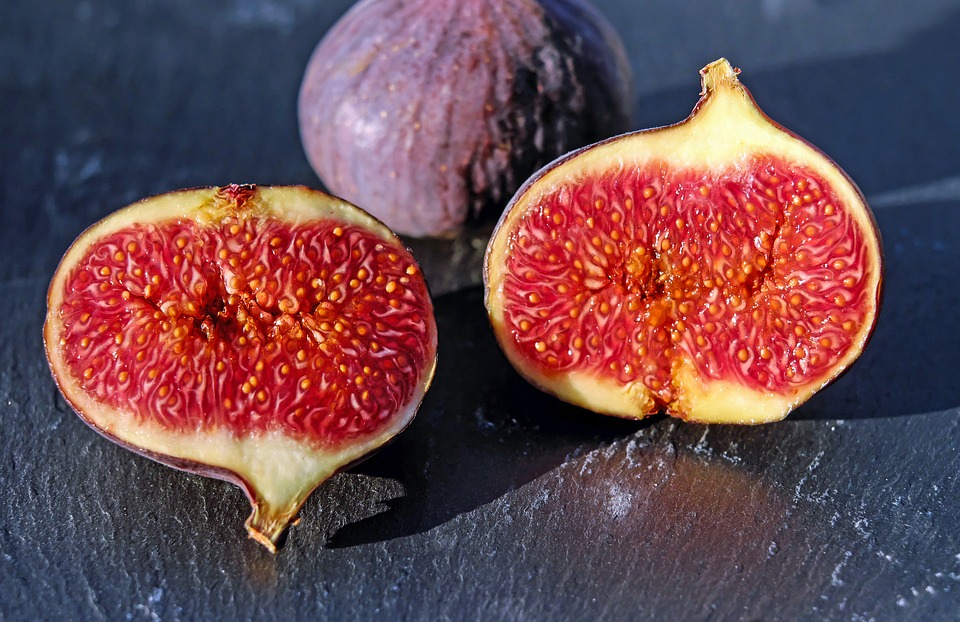
Think about it, we may not ingest bees every time we eat an apple, but bees still play important roles in the pollination of plants which is why we need respect nature and take care of these insects instead of spraying chemicals and killing them off every chance we get. If all the bees die, humans won't have very much long to live.
Do sugar and carbs make you fat?
Sugar is a nutrient produced by plants. Every single living cell in your body runs off of glucose or carbohydrates (carbon) which creates energy (ATP). If you starve your body (cells) of sugars, then you will most likely require stimulants (coffee, caffeinated tea, or excessive proteins) to sustain yourself throughout the day and you will most likely binge on refined sugars when you limit carbohydrates to get that spike of glucose in any way shape or form. This is why people following Paleo or Keto need their"cheat days" because their diet is simply unsustainable long term.
Lets take a look at the largest populations of centenarians on the planet, the Okinawans, who are the longest living people in the world. They thrived on, you guessed it, high carbohydrate, plant-centric diets. Once these people added in meat, dairy and eggs to their diet, their risk of mortality also increased. Now lets take a look at some of the fittest and leanest endurance athletes in the world: Kenyan marathon runners. What do they eat? A diet rich in starch (carbohydrates) like, rice, corn, potatoes, pasta and pure sugar (yes, they dump refined sugar into their tea - but sugar makes you fat?). Sugar and carbs are certainly not the issue, our thinking is.
Need further proof?
- The 2010 Annals of Internal Medicine published the article, "Low-Carbohydrate Diets and All-Cause and Cause-Specific Mortality." from 2010 Annals of Internal Medicine. The study concluded that animal-based low-carbohydrate diet was associated with higher mortality.
- The 2012 British Medical Journal carried a review article, "Low-Carbohydrate, High-Protein Diet and Incidence of Cardiovascular Diseases in Swedish Women: Prospective Cohort Study," Review article from the British Medical Journal (2012). Warns that a low-carbohydrate, high-protein diet consumed regularly is associated with increased risk of cardiovascular disease.
- The highly respected PLOS One journal published this article, "Low-Carbohydrate Diets and All-Cause Mortality: A Systematic Review and Meta-Analysis of Observational Studies," PLOS One journal (2013). Low-carb diets were associated with a much higher risk of all-cause mortality.
- In 2014 the Journal of the American Heart Association published this article, "Low Carbohydrate Diet From Plant or Animal Sources and Mortality Among Myocardial Infarction (MI) Survivors," Journal of the American Heart Association (2014). Adhering to a low-carbohydrate diet that is high in animal fat and protein is associated with higher all-cause and cardiovascular mortality.
Is the keto diet healthy?
The Keto diet is a weight loss/weight management diet. When people switch from a standard American diet to Keto, they may lose weight and even improve their health because they are cutting out processed foods. Regardless of weight, a plant based vegan diet is the only diet that has been scientifically proven to reverse our number one killer, heart disease. Board certified internal medicine physician Dr. Michelle McMacken further explains:
- No large population in history has ever thrived on an extremely low carb/high fat diet that we know of or have studied long term. The Eskimos don’t count as they were only a group of 50,000 people. There is exactly zero scientific evidence that a keto diet is conducive to longevity and longstanding vitality unlike a plant centric diet, the foundation of the longest lived people on earth, the Okinawans. The life expectancy of Inuit people (who base their diet on animal flesh) is about 68 years old.
- A keto diet may cause short term weight loss, but possibly at a serious price. A 2010 study found that low carb, animal based diets increased cardiovascular death by 14%, cancer death by 28% and all cause mortality by 23%.
- A keto diet has not been shown to prevent, control or reverse type 2 diabetes in the long run. Avoiding carbs will temporarily lower your blood sugar if you have diabetes but this simply masks the underlying problem, which is insulin resistance (i.e. glucose in our blood can’t enter our cells & the liver overproduces sugar). This is not the fault of carbs from healthy foods like fruit, starchy vegetable, whole grains or legumes. In fact, a high carb, high fiber, plant based diet is exceptionally protective against diabetes and can actually reverse insulin resistance and lower diabetes complications. In contrast, low carb diets can promote diabetes over time, as they foster inflammation and fat buildup in our cells, causing insulin resistance.
- Keto diet research is in its infancy, focusing on short term blood results and body weight – not actual rates of disease or death. Some findings are concerning such as LDL cholesterol levels that tend to rise (or at best, stay the same) on keto diets. An overwhelming wealth of research shows that the higher the LDL, the higher the risk of cardiovascular disease.
- A keto diet may be low in refined grains and processed sugars but it is also low in phytonutrients, antioxidants and fiber, which all have profound health benefits. It even forbids the most health promoting foods on earth – Fruits!
How do you lower your blood sugar if you have diabetes?
According to the World Health Organization, 65 million people in India suffer from diabetes, and that number rises every day. Increased meat and dairy consumption is a leading cause. But there is hope. Diabetes can be prevented or reversed by bringing plant-based foods to the center of the plate and avoiding animal products. Eat a plant based whole food diet based off of fruits, vegetables, nuts, seeds and wildcrafted herbs. High fat meat & dairy products negatively impacts blood sugar levels.
Clinical research studies show that a low-fat, plant-based diet improves insulin sensitivity, helps with weight loss, and reduces blood sugar and cholesterol. The Physicians Committee recommends five easy steps to end diabetes:
- Avoid animal products
- Avoid added vegetable oils
- Favor low glycemic index foods
- Eat high fiber foods
- Focus on these four food groups: fruits, vegetables, grains and legumes
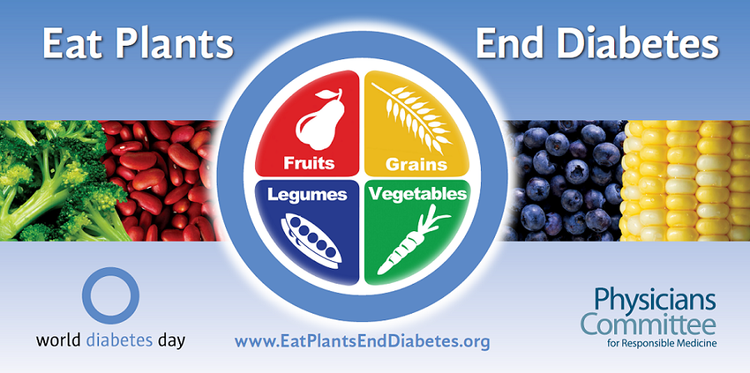
How do you heal cancer and disease?"
I am neither a medical doctor nor scientist so I will never "claim" I have a "cure" to anything. I believe reversing disease first starts with healthy lifestyle changes. Unfortunately some of the top pharmaceutical cancer treatments suppress symptoms and chemotherapy not only kills cancer cells, it kills healthy cells as well, weakening the patient's immune system. Many patients die from chemical treatments instead of the cancer itself. These are simply treatments, not cures. So why do we call it "alternative medicine" when chemical medications were just discovered just 100 some years ago. We're not necessarily living longer, we're just dying longer. Why else do we have a trillion dollar health care industry? I believe the answer to healing dis-ease within the body is simple. The body is always working to heal itself, we just need to get out of its way. Focus on healing the underlying cause instead of suppressing the symptom or killing or cutting out cells.
Can you heal cancer on a vegan or raw diet?
- Healed Breast Cancer: www.rawveganpath.com/about-us/janettes-story
- Healed Intestinal Cancer: www.chrisbeatcancer.com/about
- Healed Lymphoma: www.youtube.com/watch?v=_3Ve1Q3kjPU
- Healed Colon Cancer: www.dailymail.co.uk/health/article-5181059/amp/Father-two-CURED-cancer-going-vegan.html
What would you do if you had cancer or dis-ease?
I would…
- Eat a diet primarily of organic fruits and vegetables with an emphasis on melons, grapes, citrus and fresh pressed vegetable juices.
- Spend more time out in nature to lower my stress levels.
- Rest and relax as much as possible in a dark room to promote REM regenerative sleep.
- Once I am well rested, I would focus on igniting my lymphatic system through sweating (sauna), rebounding, hiking, light jogging, swimming, etc.
- Take wild crafted organic herbs based which internal system needs the most assistance.
- Water fast (1-3 days maximum at a time depending on my body weight and reserves).
- Surround myself with loving and supportive people.
- Meditate and focus on becoming more loving and patient with my body as it heals.
Isn't too much fruit bad for you?
Fruit is nature's perfect food. The sugar in fruit (fructose) is completely healthy for the body and is easily metabolized within each cell thanks to its high water, fiber and enzyme content. Fruit alone does not make one “fat”. If it did then I would surely be obese! Fruits are very detoxifying for the body so if you find yourself feeling worse from eating more fruit, just back down on your intake and understand that the fruit you are consuming is simply doing its job. Watch the video below from Nutrition Facts to learn about how the more fruit we eat, the more nutrition we get!
Does fruit sugar feed Candida?
Glucose and fructose are the main fuel source for our cells. Cutting these out never fully addresses the cause. Fruits help to eliminate symptoms of Candida because of their high antioxidant and astringent properties. Candida Albicans is a fungus and fungus is involved in fermentation which is the decay of carbohydrates. Complex sugars (polysaccharides) like bread, create far more probelms with Candida than fruit. It's our fault when we improperly combine fruit with other types of foods that lead to fermentation, fungus, or symptoms of Candida (especially when we mix protein and starches together). The adrenal glands are responsible for sugar metabolism so if they are ever weak, we will have issues metabolizing fruit. Keep in mind that fruit is never the cause of Candida, it's the state of our bodies and what else we're doing. We cannot blame nature.
Does fruit sugar feed cancer?
This is a myth that unfortunately many still believe. To claim this, you are denying what decades of science has proven. To starve the body of sugar is to starve the cell of energy. Starvation, acidosis, or ketosis damages cells. A damaged cell is on its way to become a cancer cell. Since glucose and fructose are also simple sugars, saying fruit feeds cancer is also saying vegetables feed cancer. Even the American Cancer Society recommends a high fruit & vegetable diet! Every single living cell in your body runs off of sugar (or glucose). Our bodies and cells can regenerate, we just need to give it the optimal environment and conditions to do so.
Why do vegans care more about animals than they do humans?
This is an over-generalization and a straw man fallacy that couldn't be more further from the truth. Veganism is about causing the least amount of harm and suffering to all animals, our planet, and the health of other humans. It’s not pro-animal, but anti-suffering. Veganism naturally leads to helping all of humanity, not just animals. Just because you speak up for the enslavement and oppression of a species, does not mean you do not care about others.
But Steve Jobs and Ashton Kutcher...
Steve Jobs was not a long term vegan or fruitarian. He tried a "fruit diet" for a very short period of time in his younger years. Steve also ate processed food and rich restaurant foods. Contrary to popular opinion, "Steve Jobs’ pancreatic cancer began in his late teens or early twenties from exposure to chemical toxins when he worked in Silicon Valley. His vegan diet likely slowed the cancer. He should have no regrets about delaying his surgery. He was greatly harmed by well intentioned medical doctors," Dr. John McDougall.
Ashton Kutcher was hospitalized most likely because he jumped into a fruitarian style diet too quickly especially coming from an animal based diet. The safest way to eat a fruit based diet is to transition slowly depending on your current diet and health history. Not every body can metabolize an extreme amount of fruit sugar right away which is why many people experience intense detoxification symptoms. Take your time if you want to be successful at anything.
Why do vegans think they’re superior to others?
The real question is why do non-vegans feel superior over animals? This question is an over generalization of a small group of people. Colleen Patrick-Goudreau, the author of "The Compassionate Cook" answers this perfectly:
"I think most people agree that not committing violence against another – human or nonhuman - is an ethically superior position to hurting someone. For me, I reflect this ethic by being vegan. Contrary to what some people think, being vegan is not an end in itself; it's the means to an end. It's the means through which we can – in our daily lives – reflect our value of not causing harm."
"The truth is I feel humbled being vegan rather than superior to those who aren't. I have no cause to be self-righteous. There was a time when I ate animals and made excuses, and I feel grateful to be armed with knowledge and awareness and to be able to act on my values of compassion and kindness. Rather than feel morally superior to people who eat animals, I feel great sorrow for the animals who suffer and for the humans who inflict that suffering. If we keep this big picture in mind, we can create the compassionate world we all envision."
DID THE ESKIMO AND INUIT PEOPLE HAVE HEART DISEASE?
Claims that Eskimos were free of heart (artery) disease are untrue. Eskimos have a similar prevalence of CAD (coronary artery disease) as non-Eskimo populations, they have excessive mortality due to cerebrovascular strokes, their overall mortality is twice as high as that of non-Eskimo populations, and their life expectancy is approximately 10 years shorter than the Danish population.
Mummified remains of Eskimos dating back 2,000 years have shown extensive hardening of the arteries throughout their brains, hearts and limbs; as a direct consequence of following a carnivorous diet of birds, caribou, seals, walrus, polar bears, whales, and fish. The June 1987 issue of National Geographic magazine carried an article about two Eskimo women, one in her twenties and the other in her forties, frozen for five centuries in a tomb of ice. When discovered and medically examined they both showed signs of severe osteoporosis and also suffered extensive atherosclerosis, “probably the result of a heavy diet of whale and seal blubber.
Alaskan Eskimos older than age 40 have been found to have a 10% to 15% greater deficit in bone mineral density compared to Caucasians in the US. This research published in 1974 on 107 elderly people concluded, “Aging bone loss, which occurs in many populations, has an earlier onset and greater intensity in the Eskimos.
Protein, especially animal protein, consumed in excess of our needs places serious burdens on the body. The liver and kidneys work hard to process the excess protein and excrete its byproducts along with the urine. As a result of this extra work, Eskimos have been reported to have an enlarged liver while living on meat, and to produce larger than average volumes of urine in order to excrete the byproducts of protein metabolism.
There is a major difference between eating to survive a harsh envionment and having a choice what in what you can eat. The definition of veganism is a way of living which seeks to exclude, as far as is possible and practicable, all forms of exploitation of, and cruelty to, animals for food, clothing or any other purpose.
In summary, Eskimos or “Inuits” are extremely small subcultures and their life expectancy is much less, even 10 years less than all of Canada. We cannot compare them to modern day society where we have the choice of what to eat.
[0]: https://static1.squarespace.com/static/5a7e73ddf6576e9725b67084/t/5d6b457ff37f2400017d74a8/1567311231615/wasp-2454737_960_720.jpg "ALT TEXT FOR IMAGE GOES HERE”
HAVE ADDITIONAL QUESTIONS?
If you have a question pertaining to health, veganism and/or raw foods, please type it in the box below and I will add it to the frequently asked questions page.
“Studies are confirming the health benefits of meat-free eating. Nowadays, plant-based eating is recognized as not only nutritionally sufficient but also as a way to reduce the risk for many chronic illnesses.”


